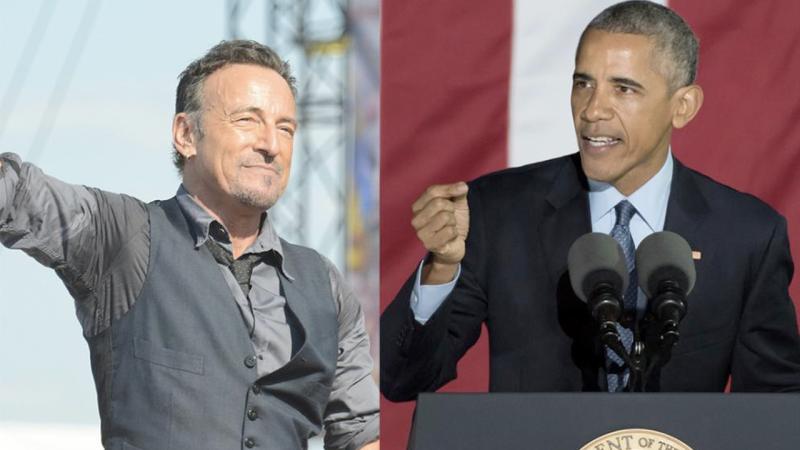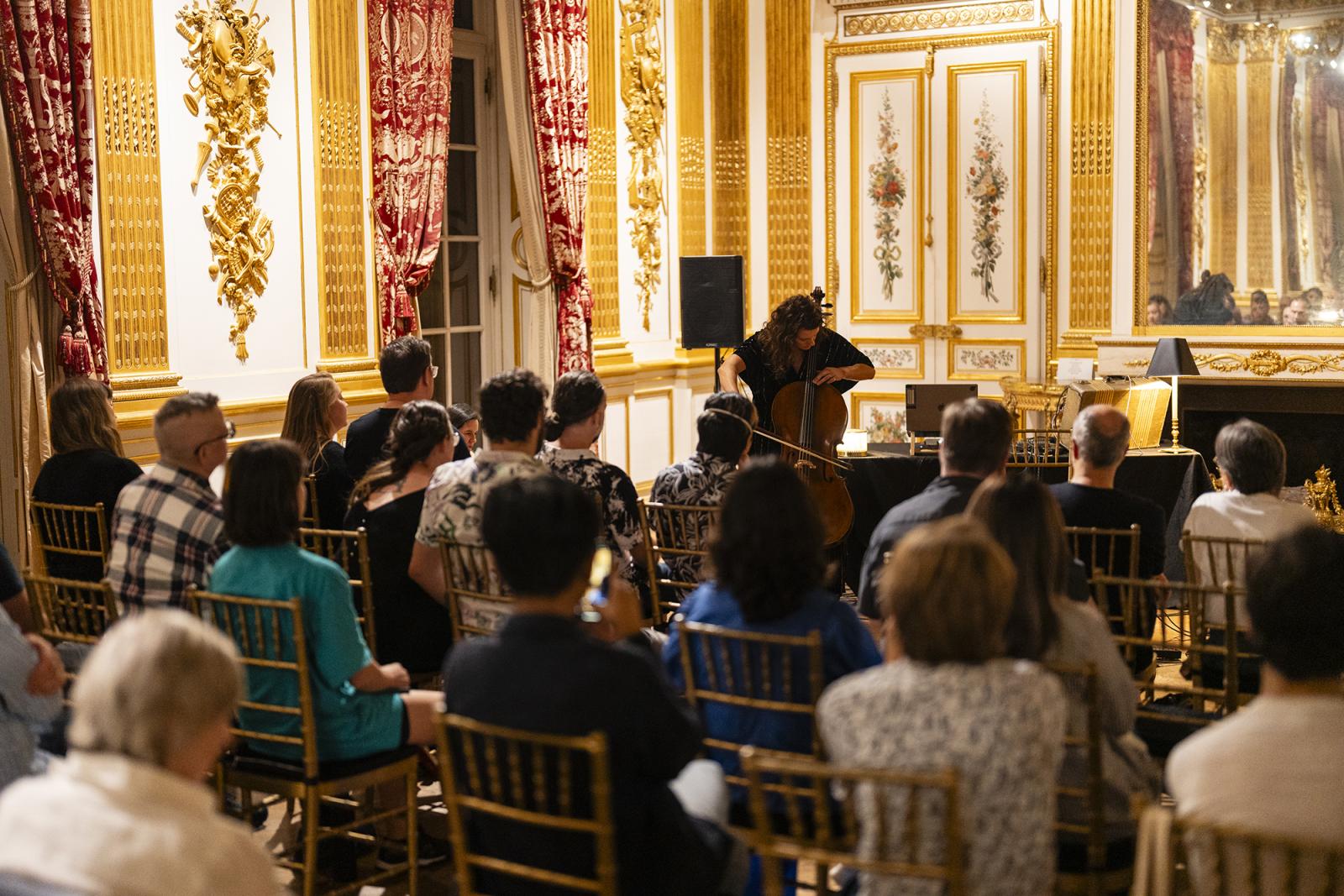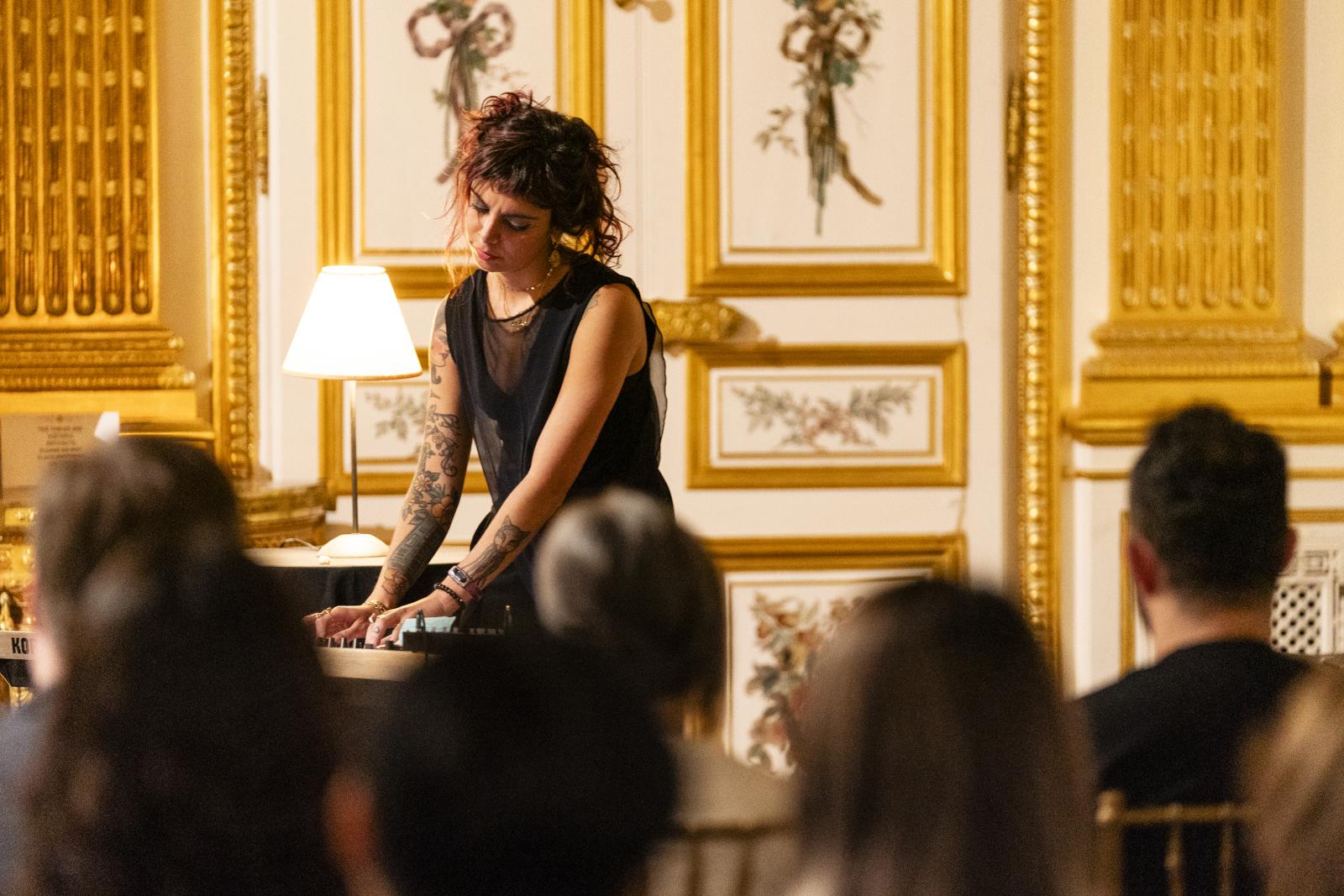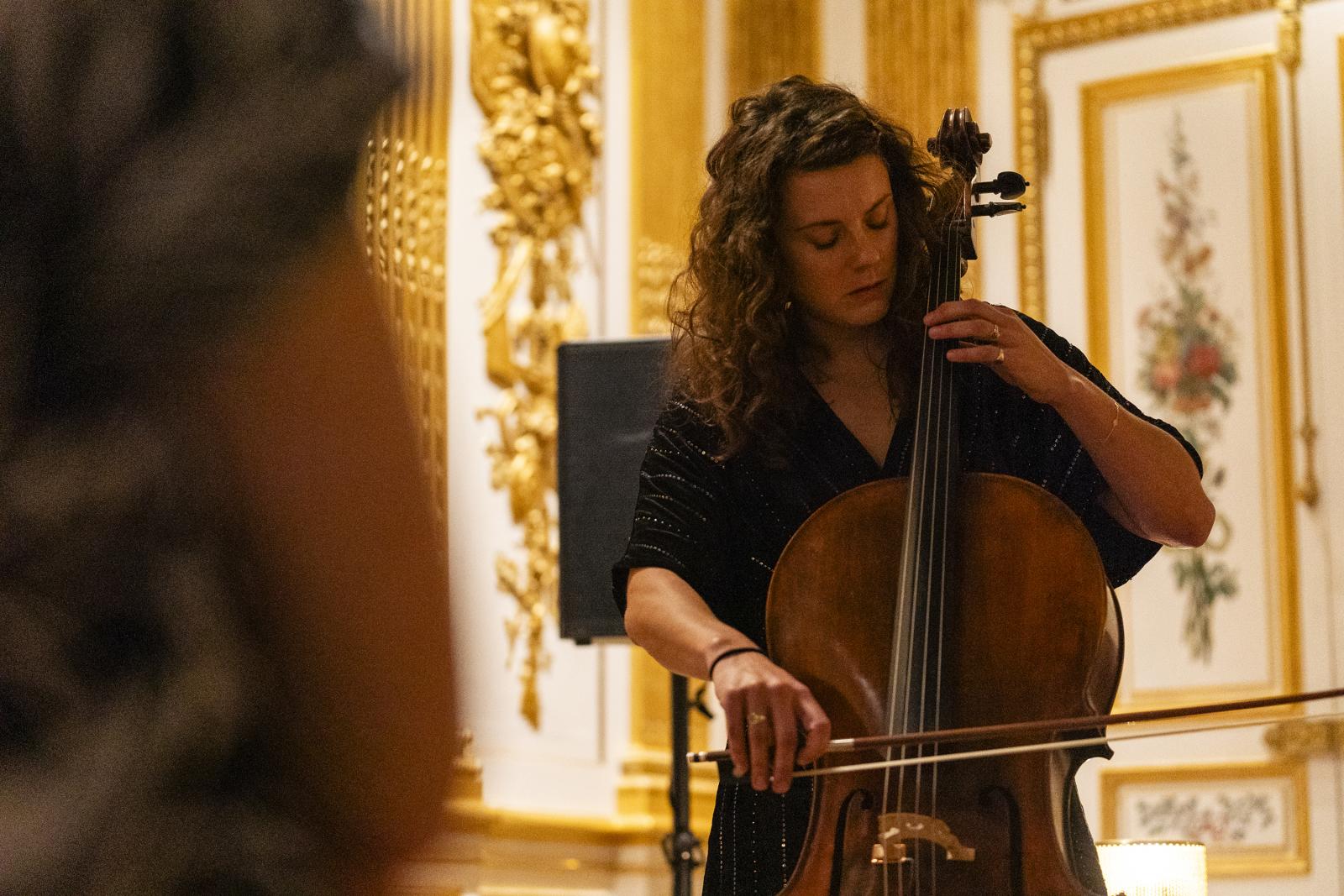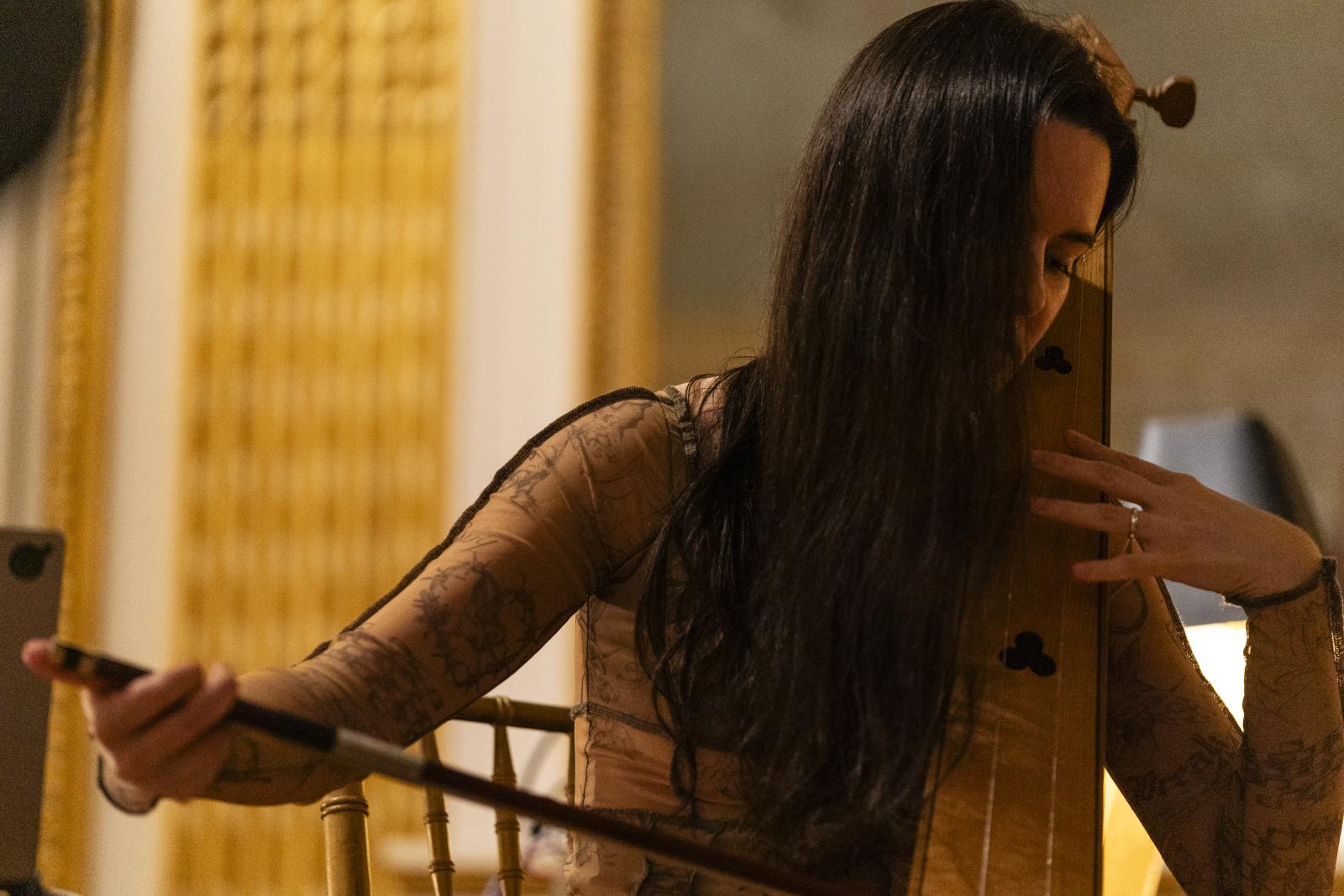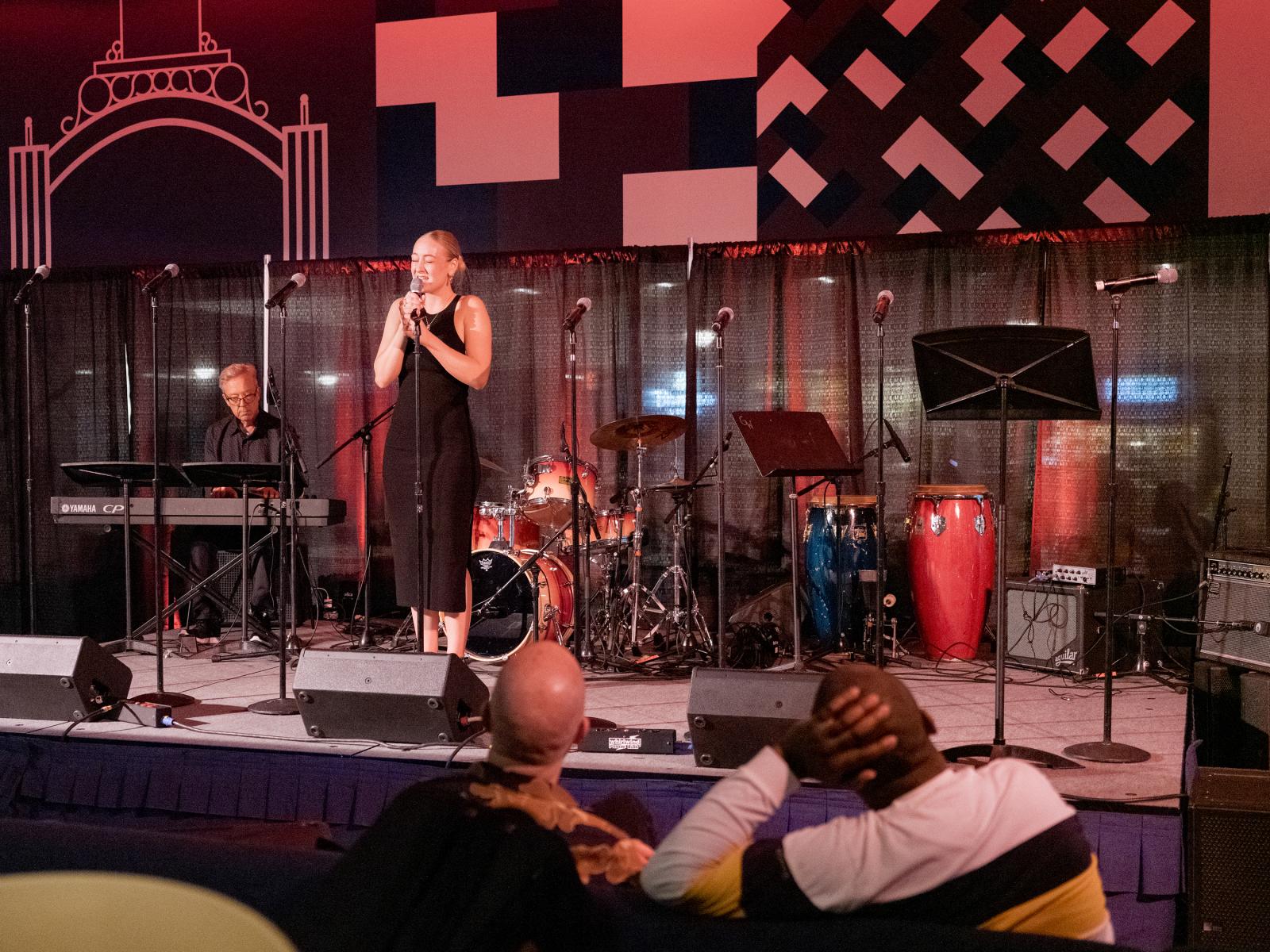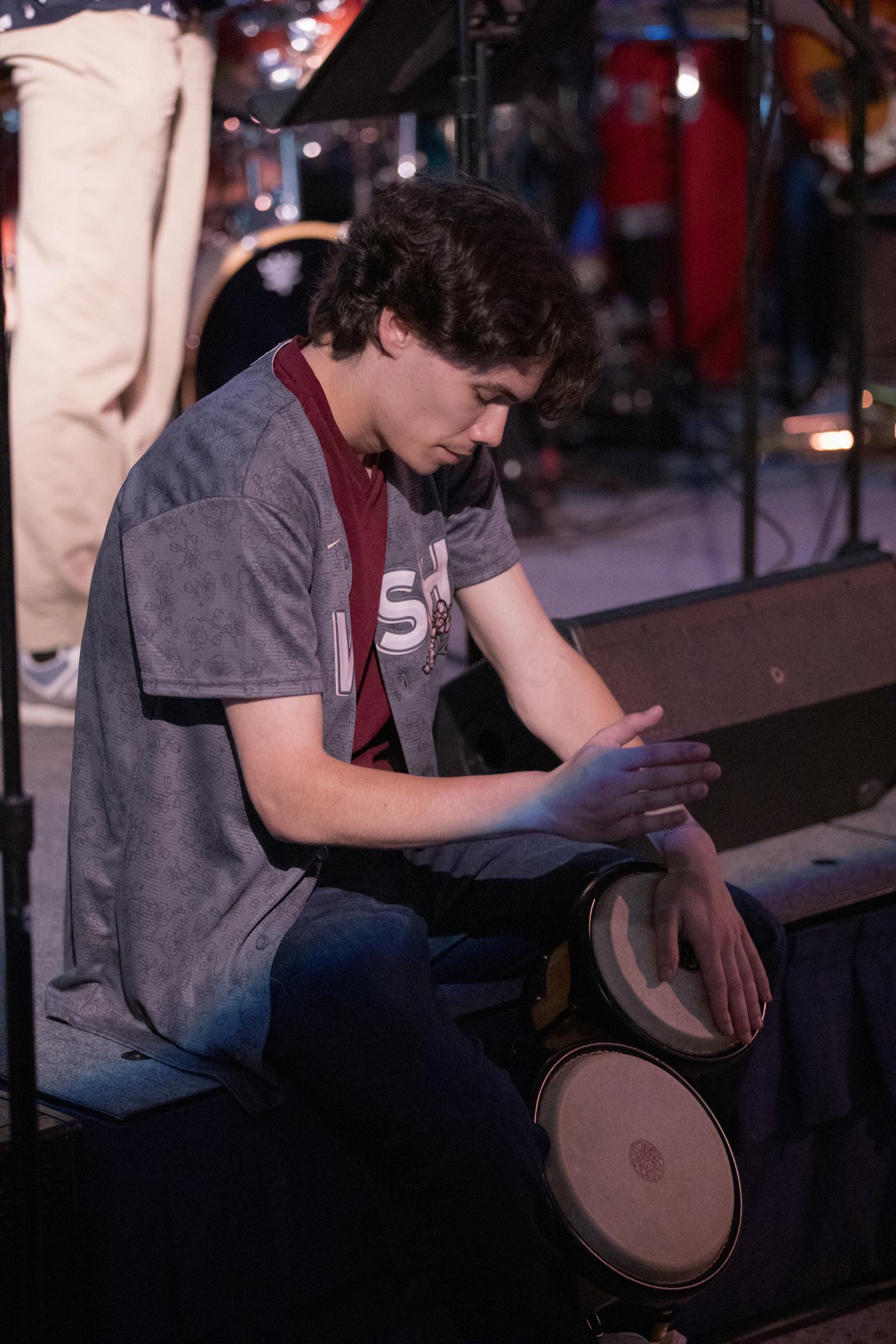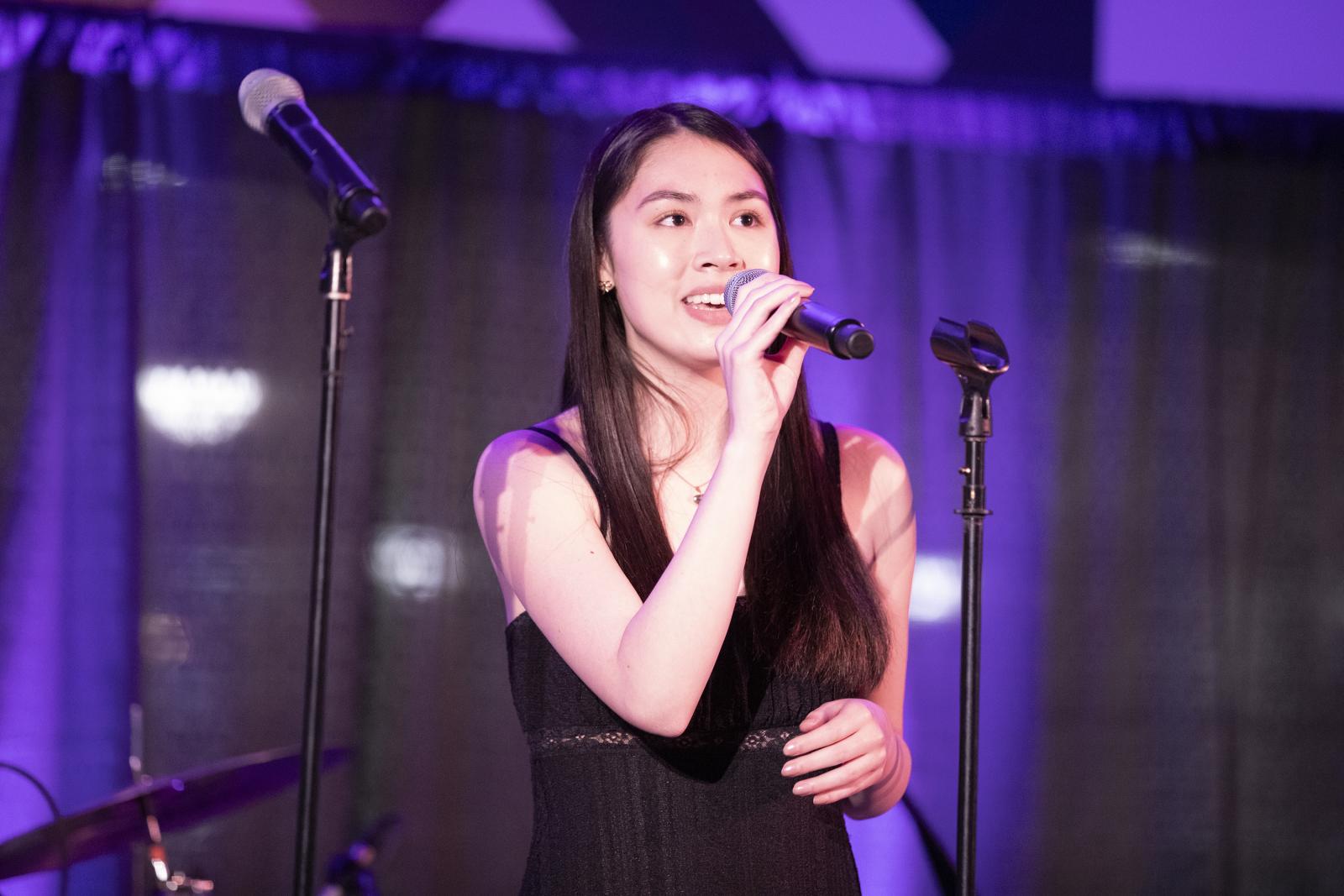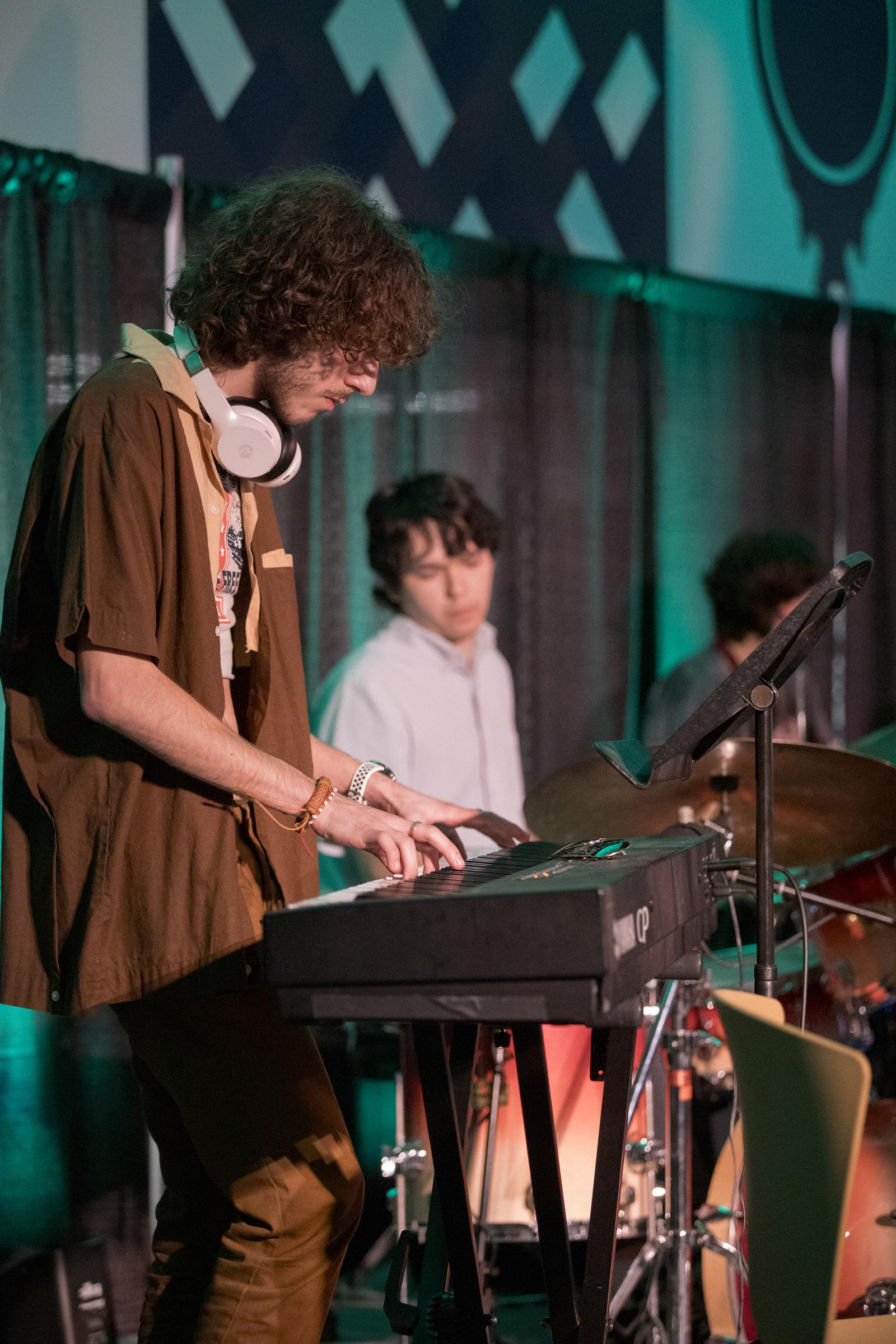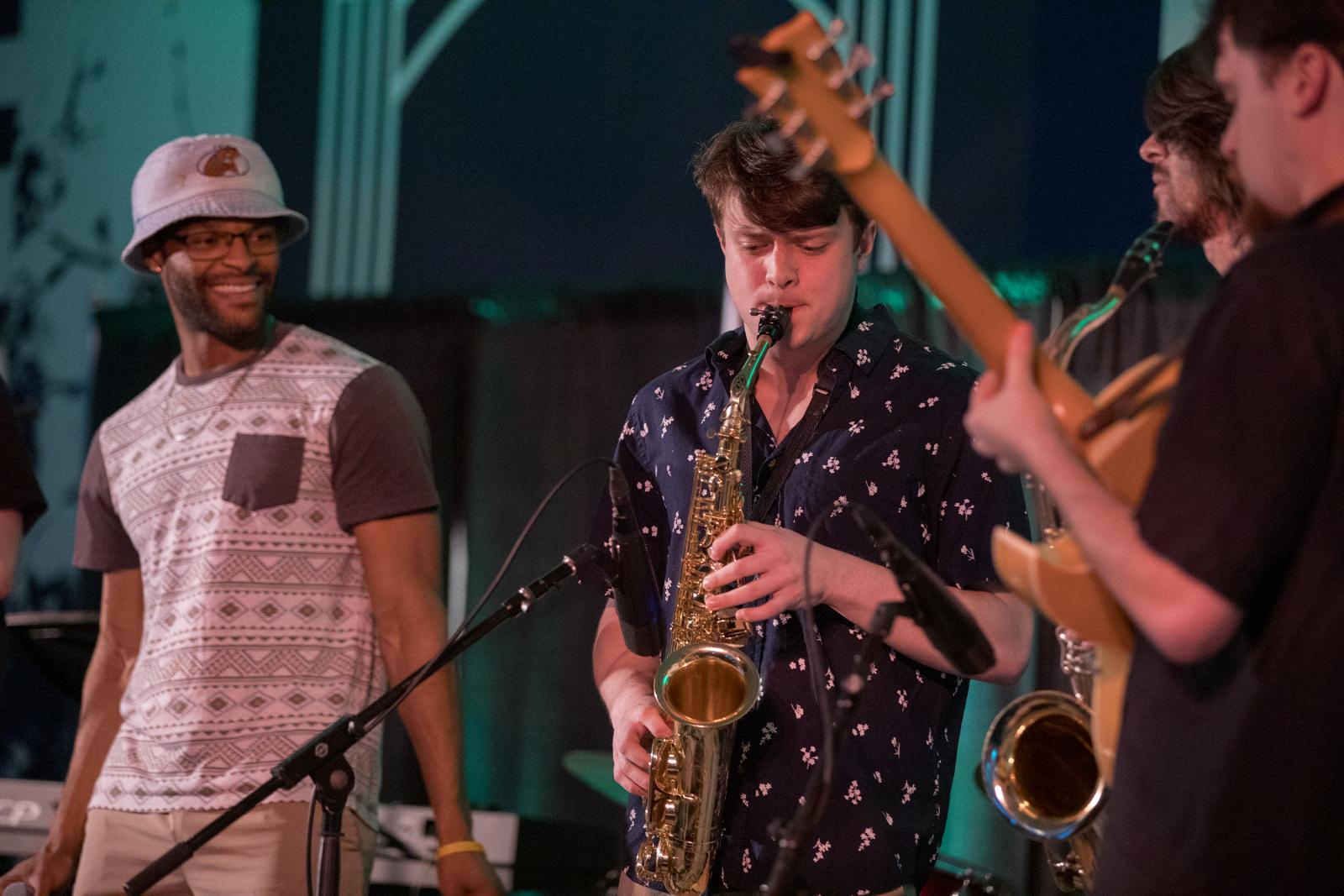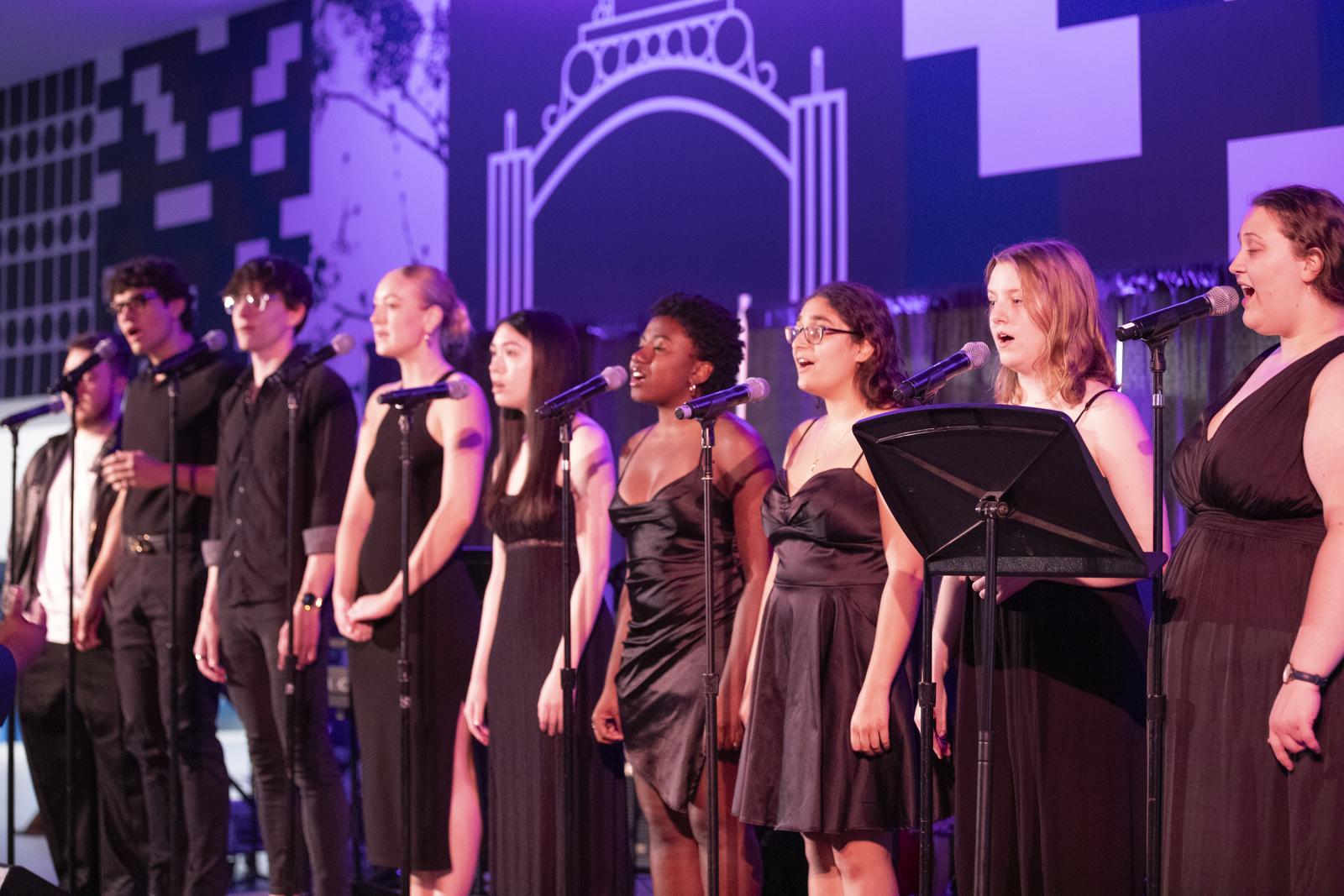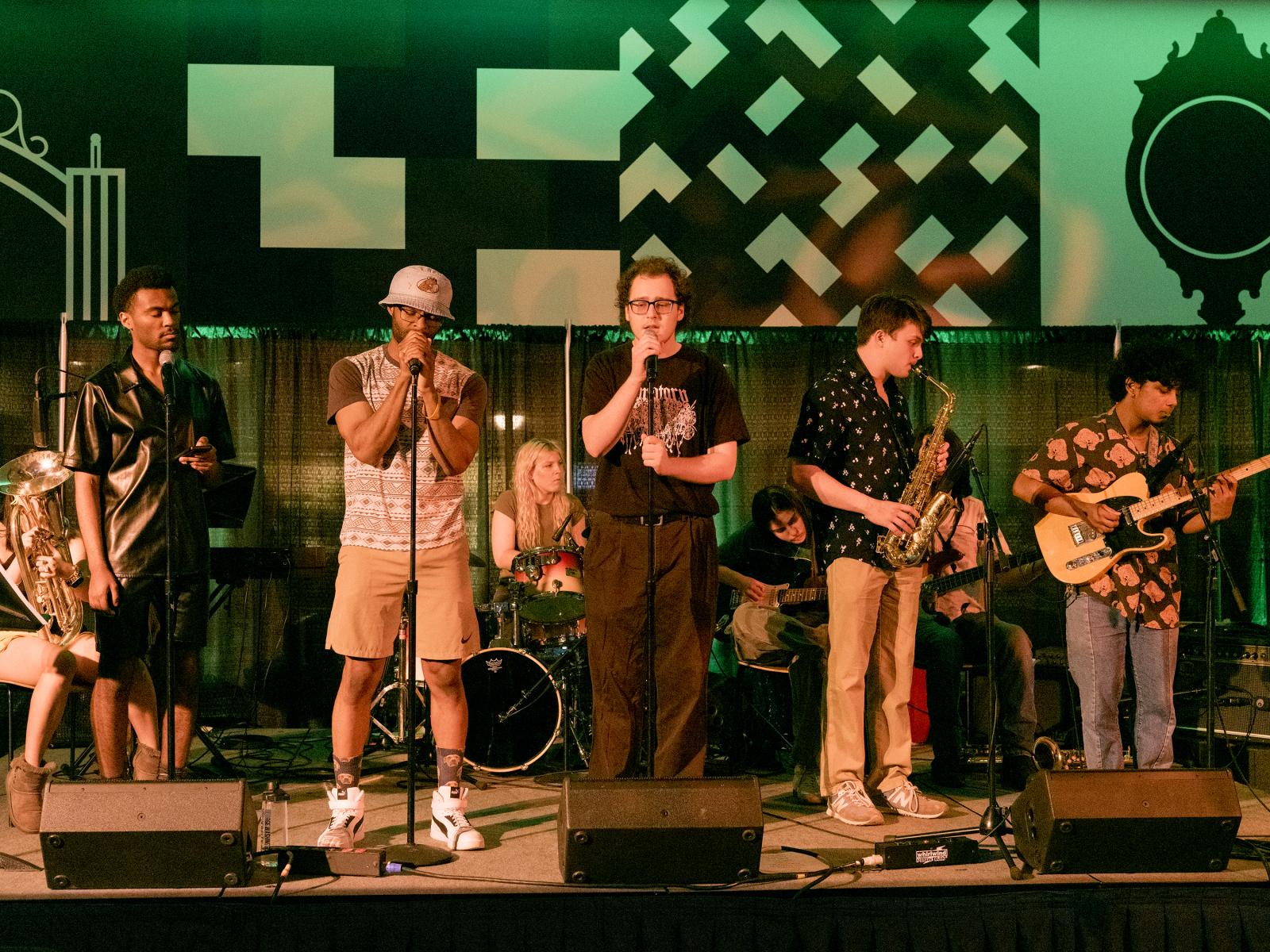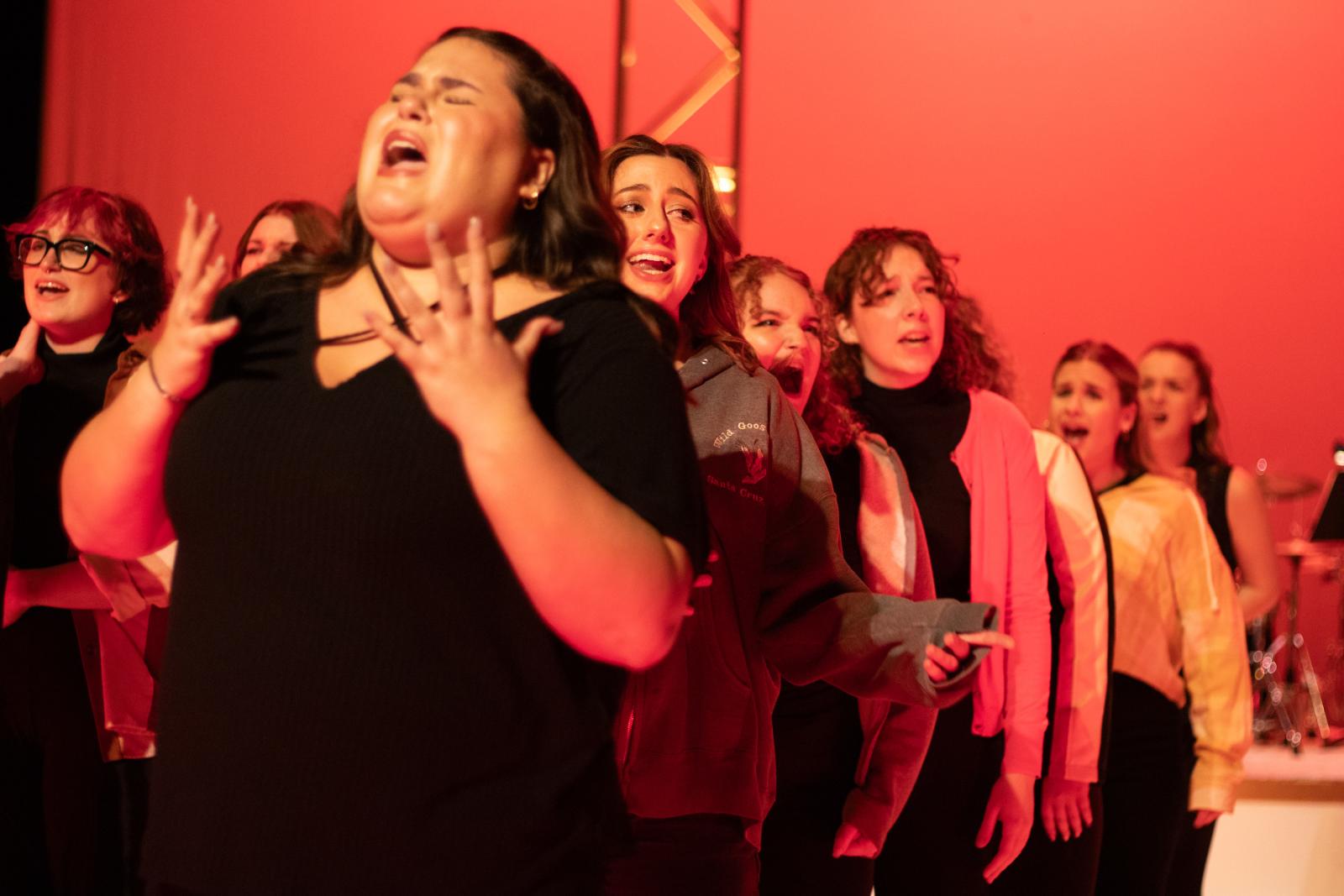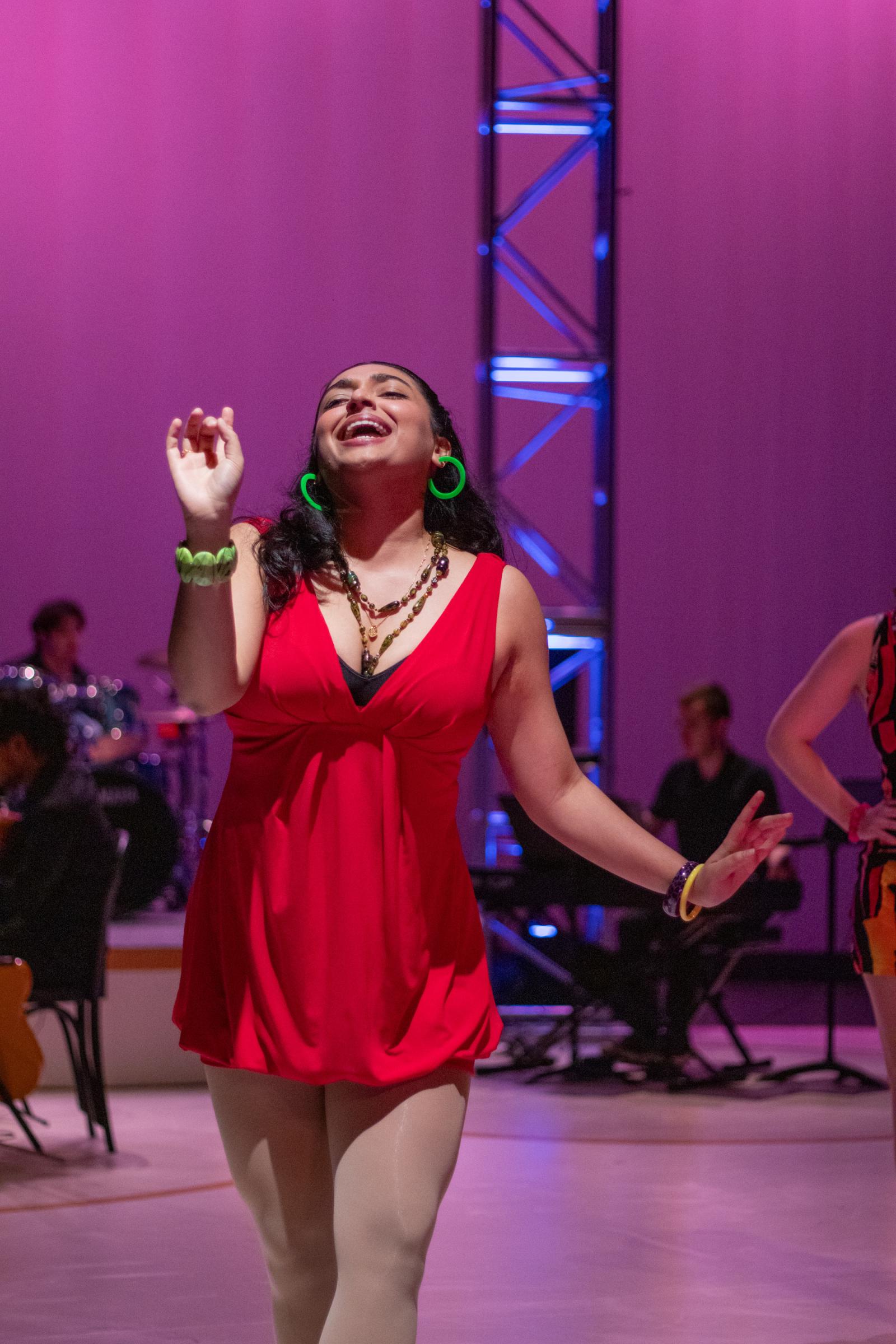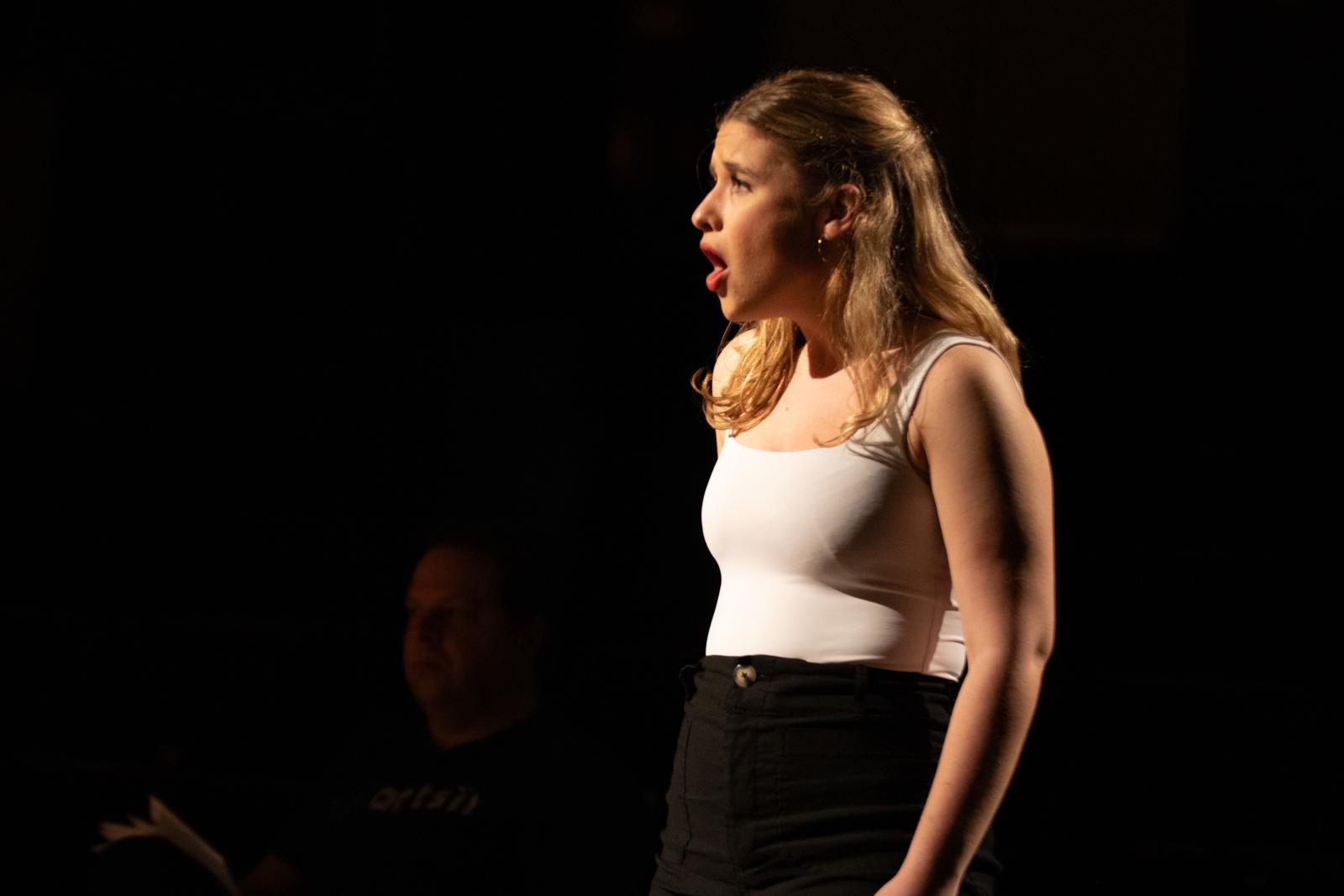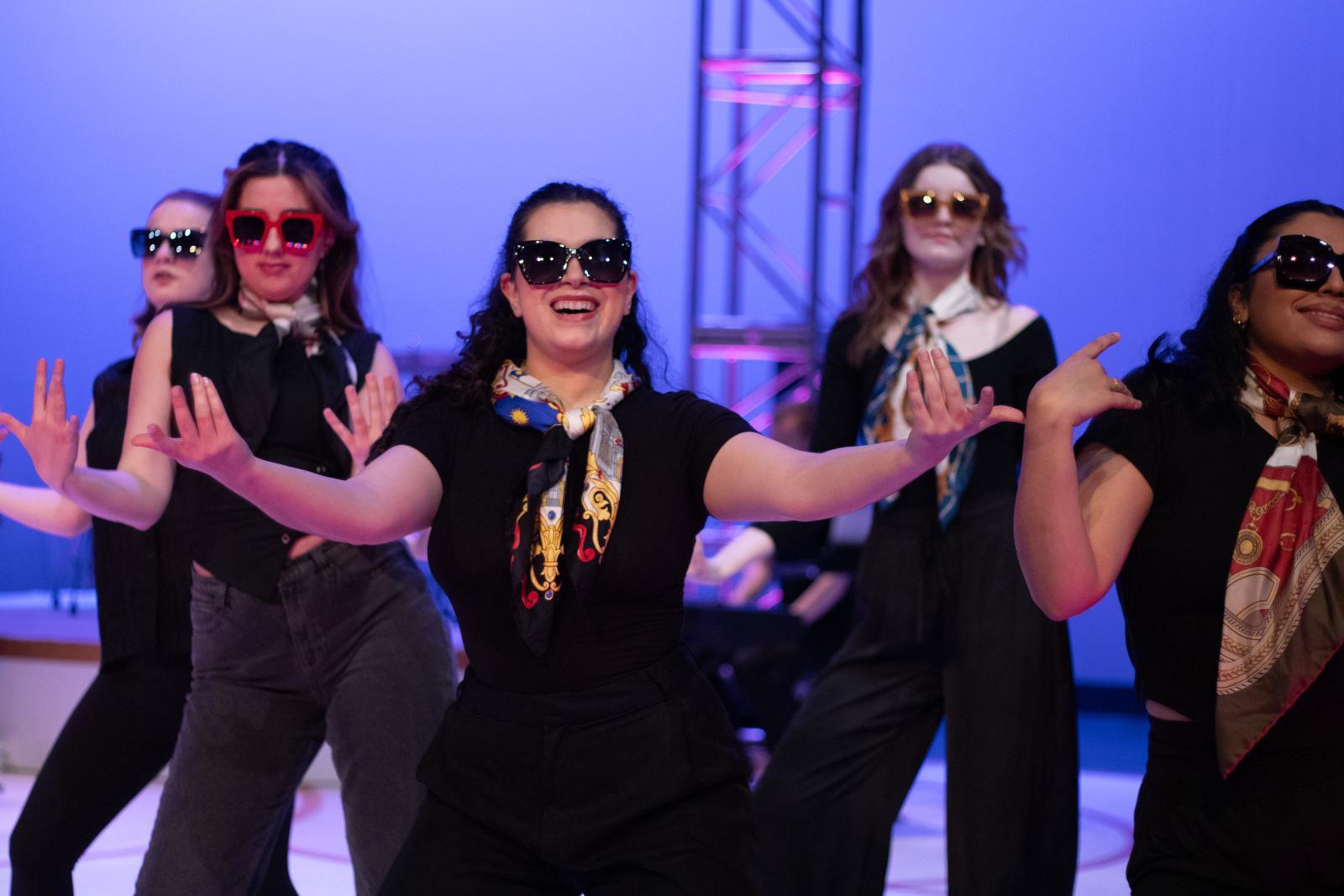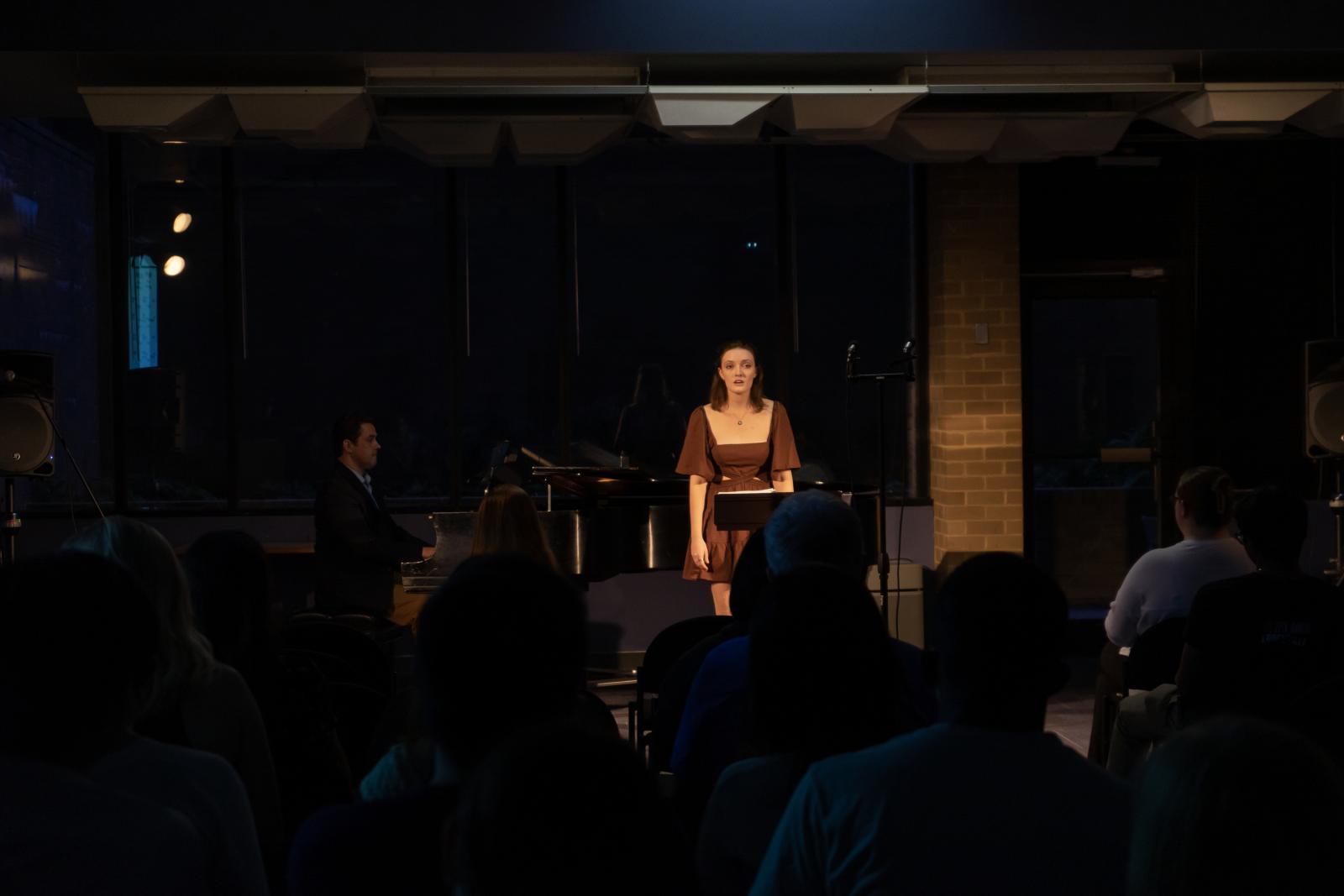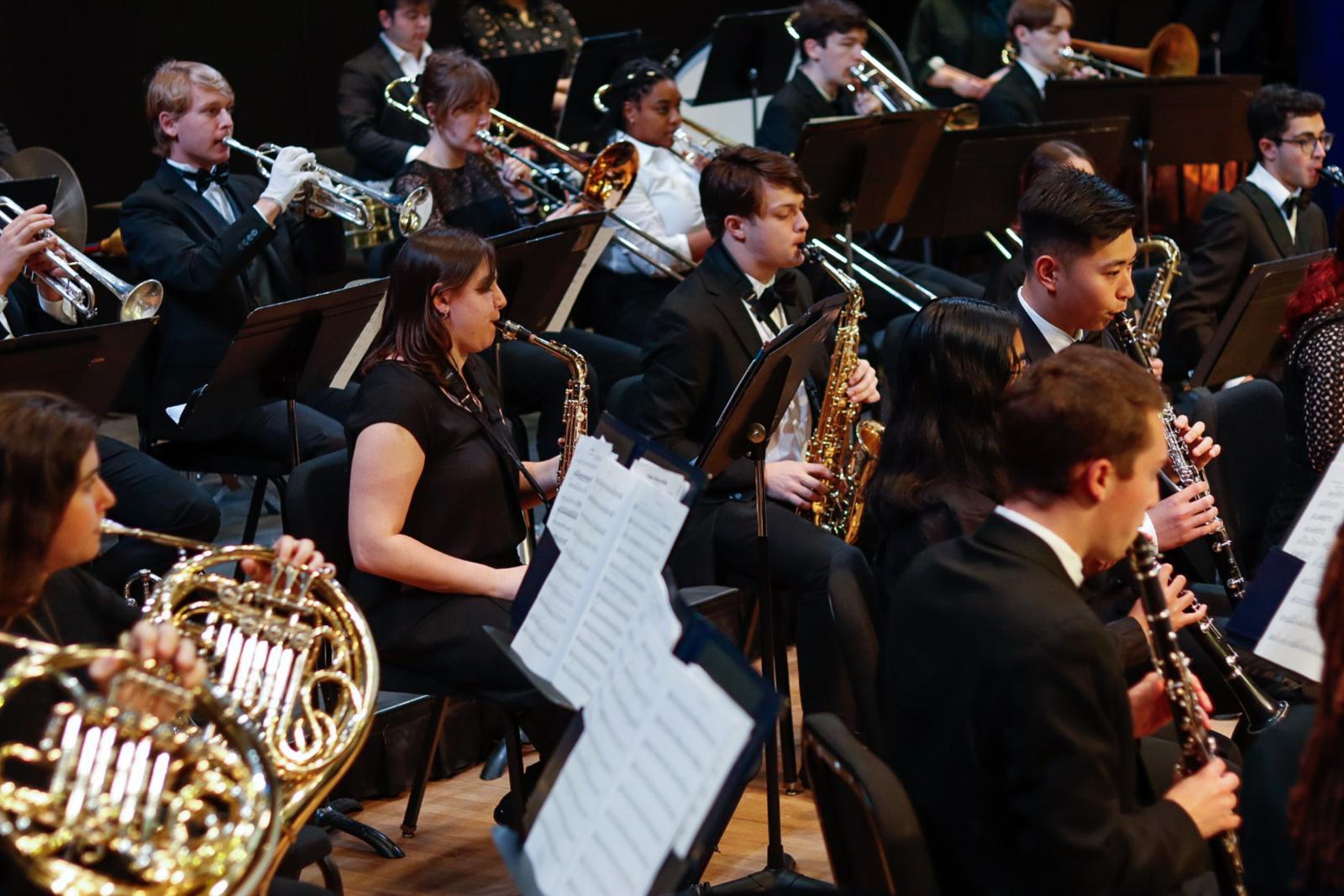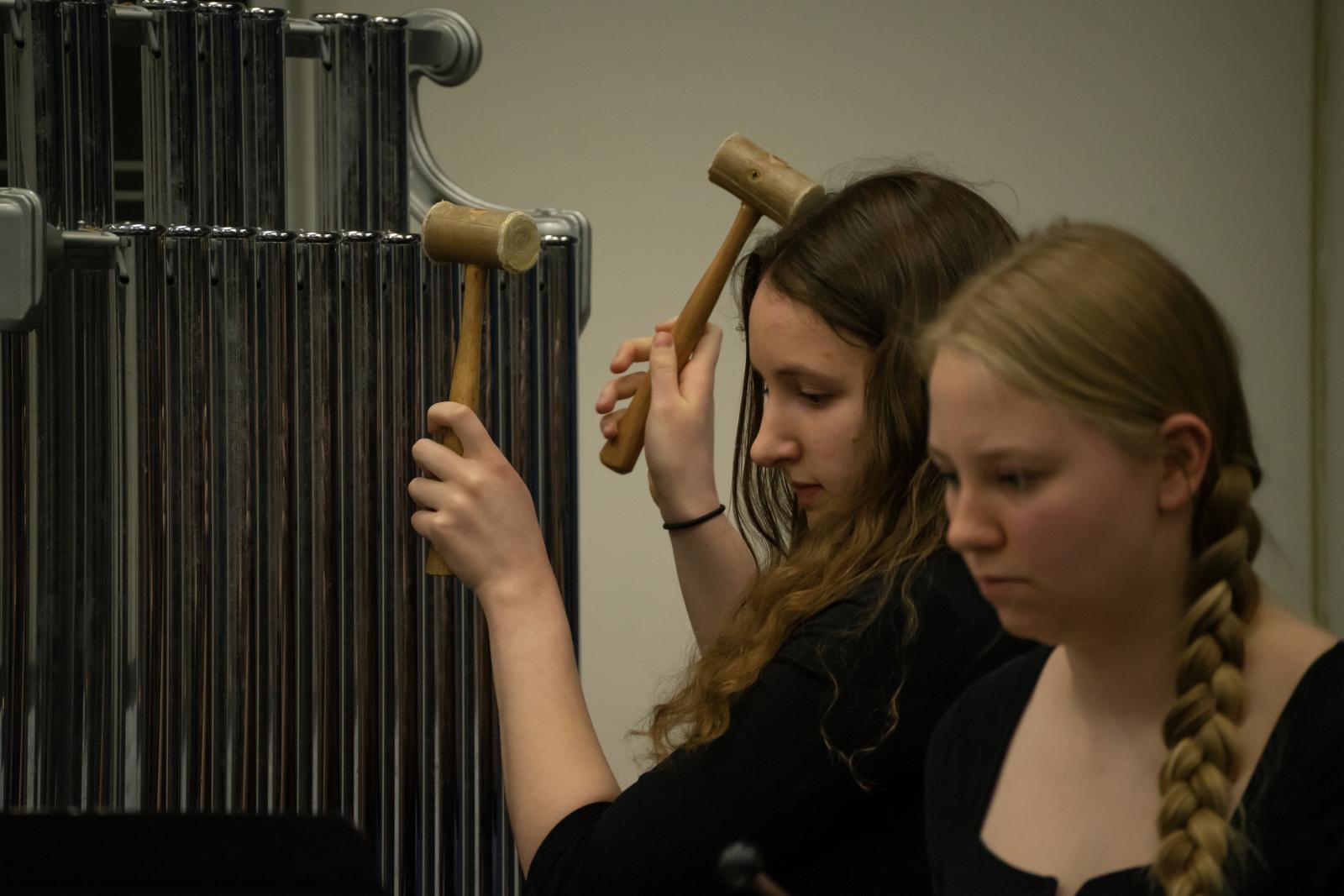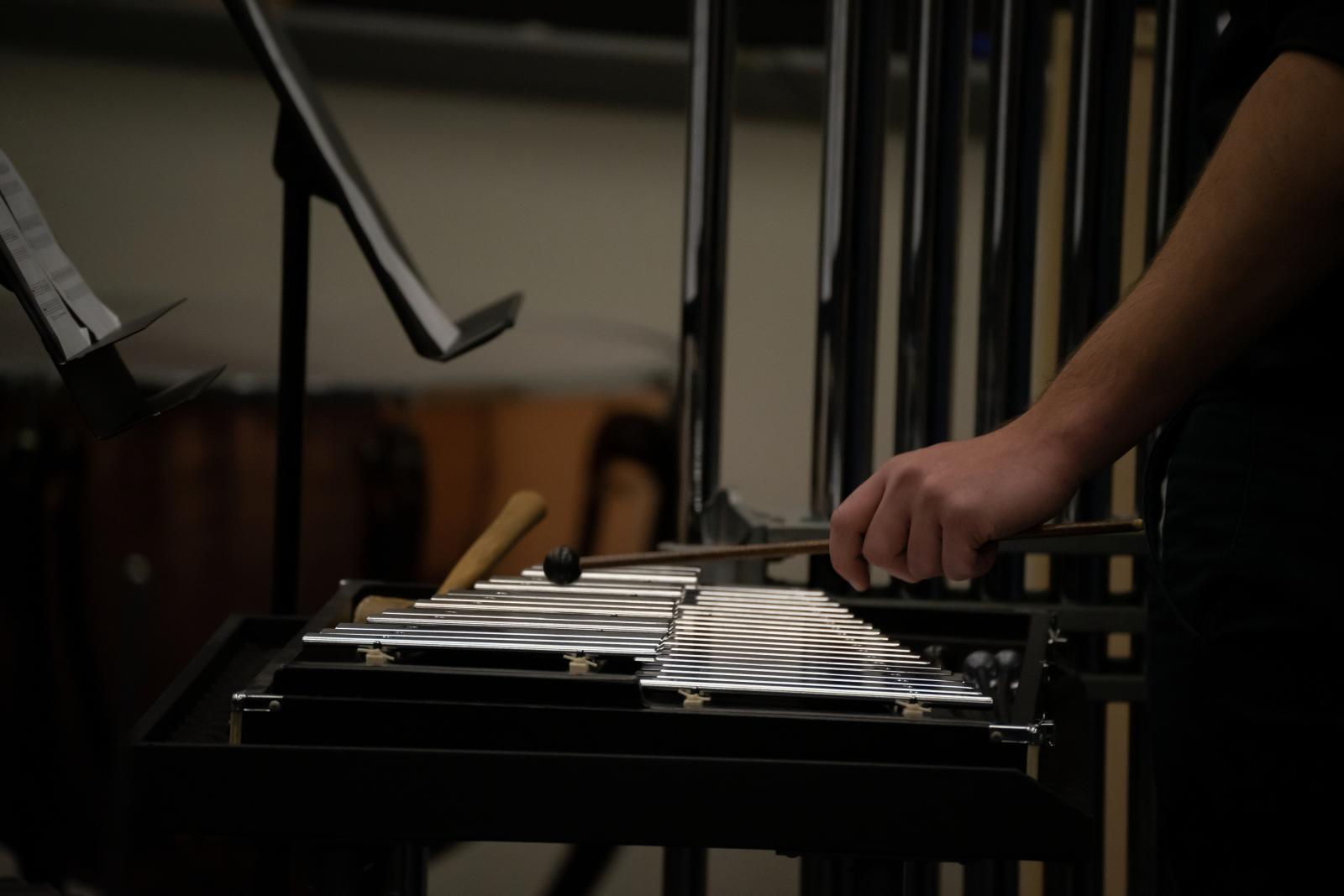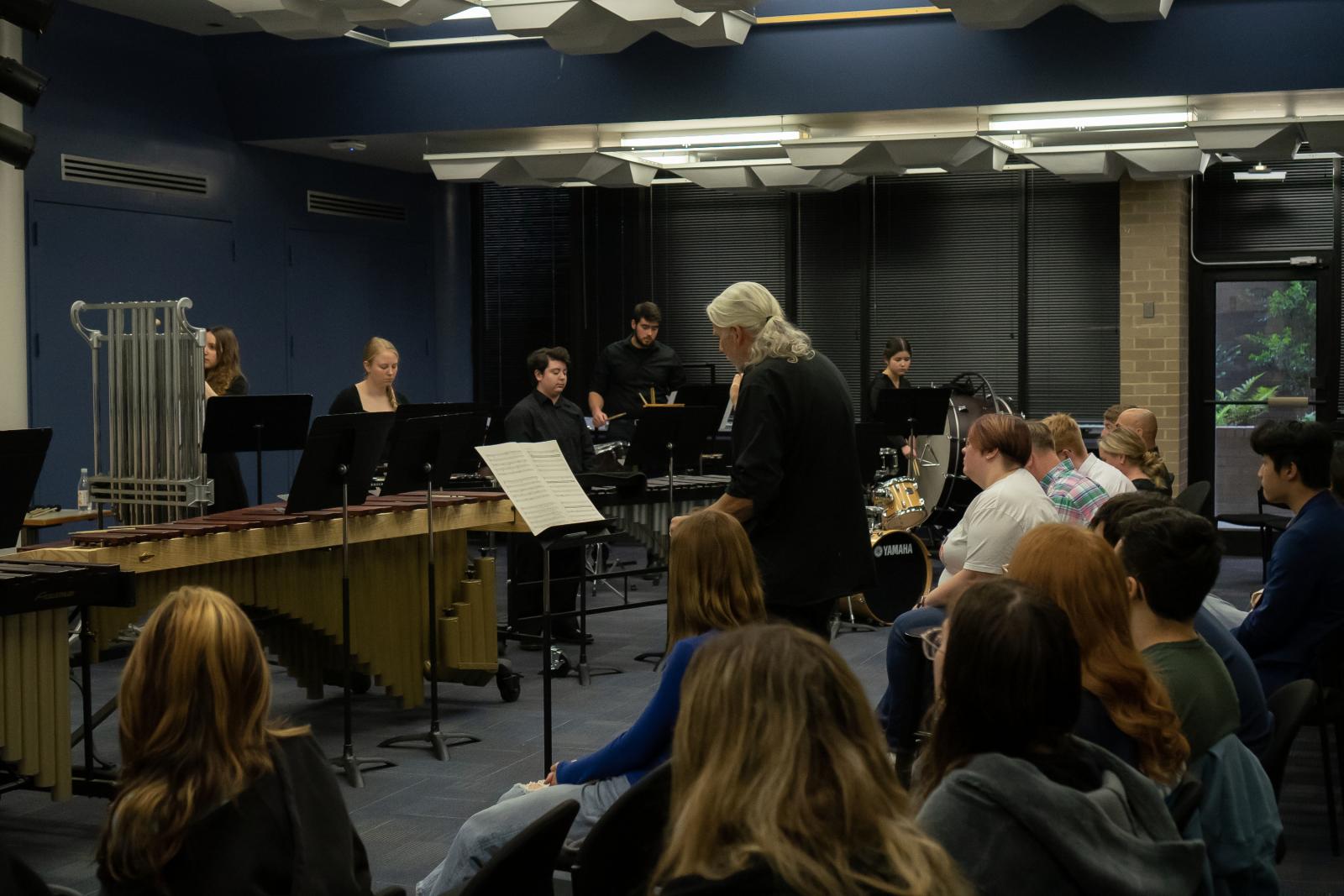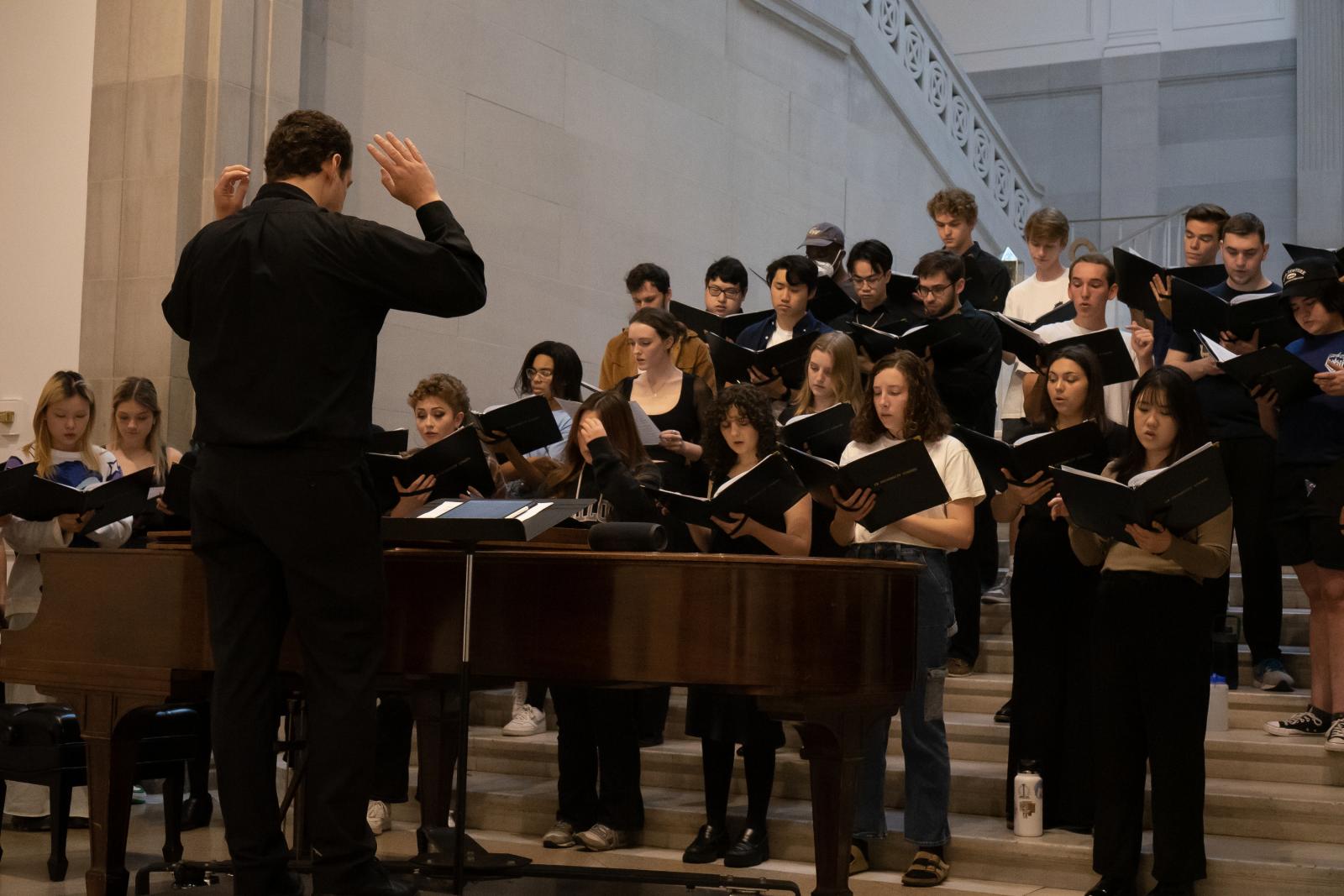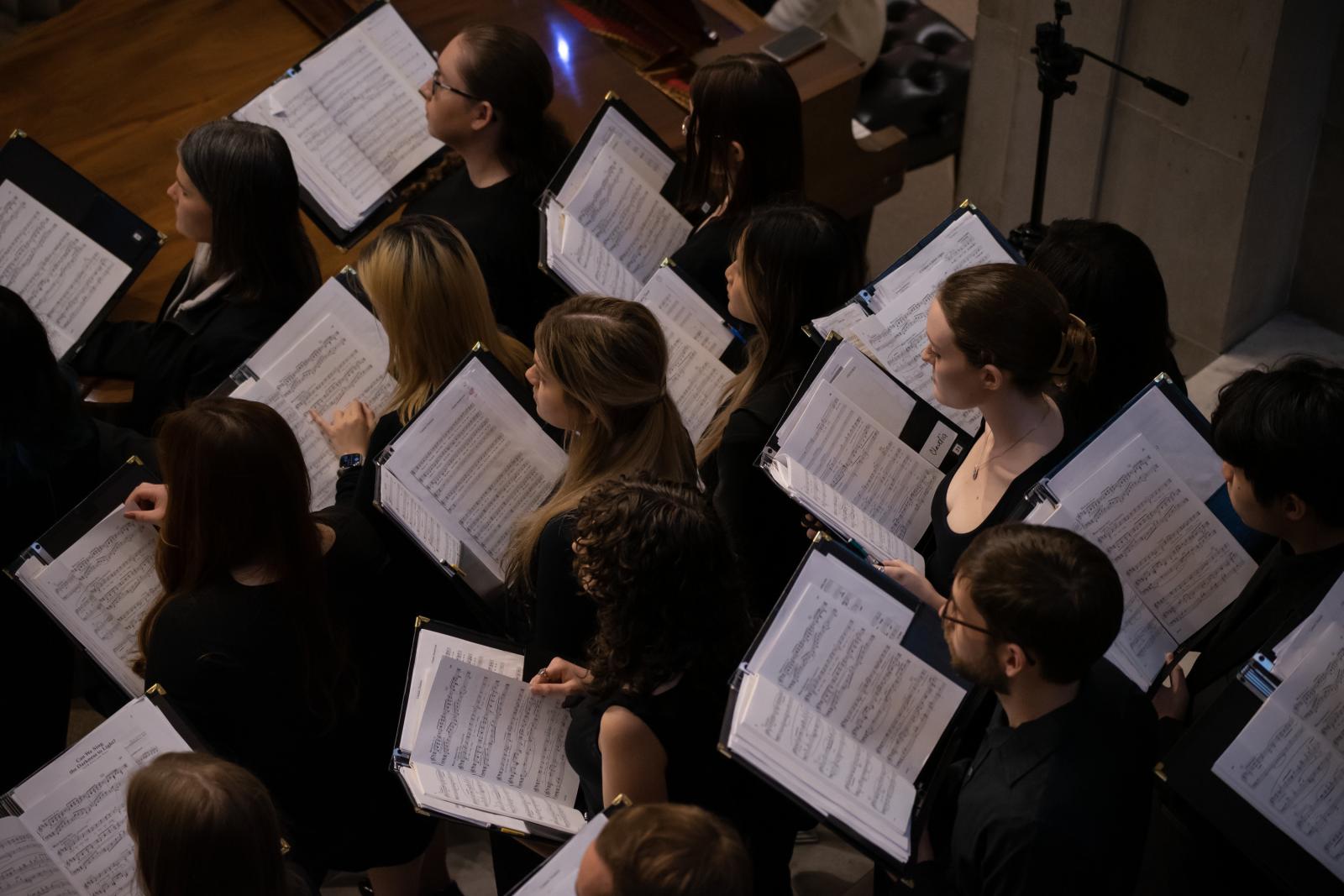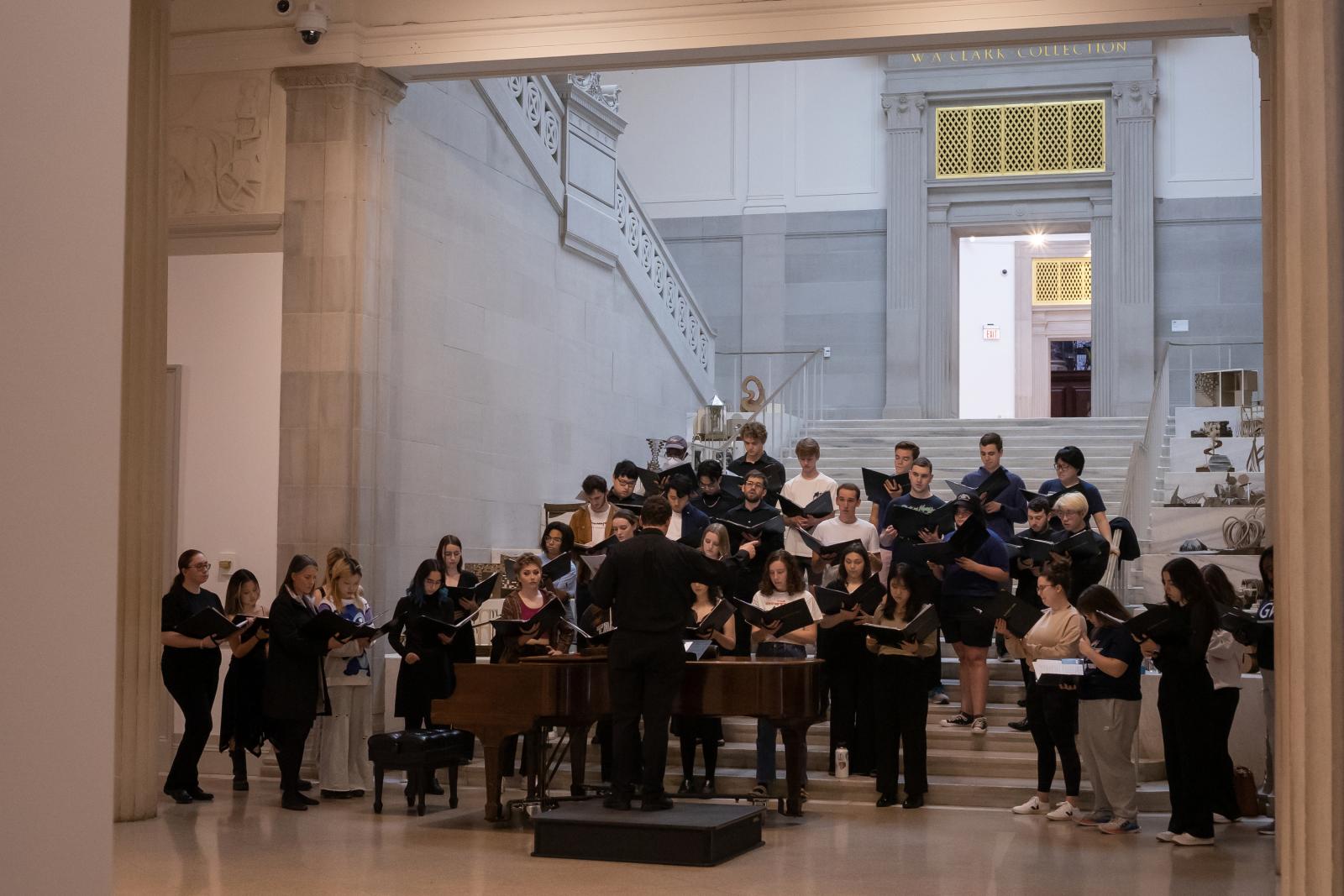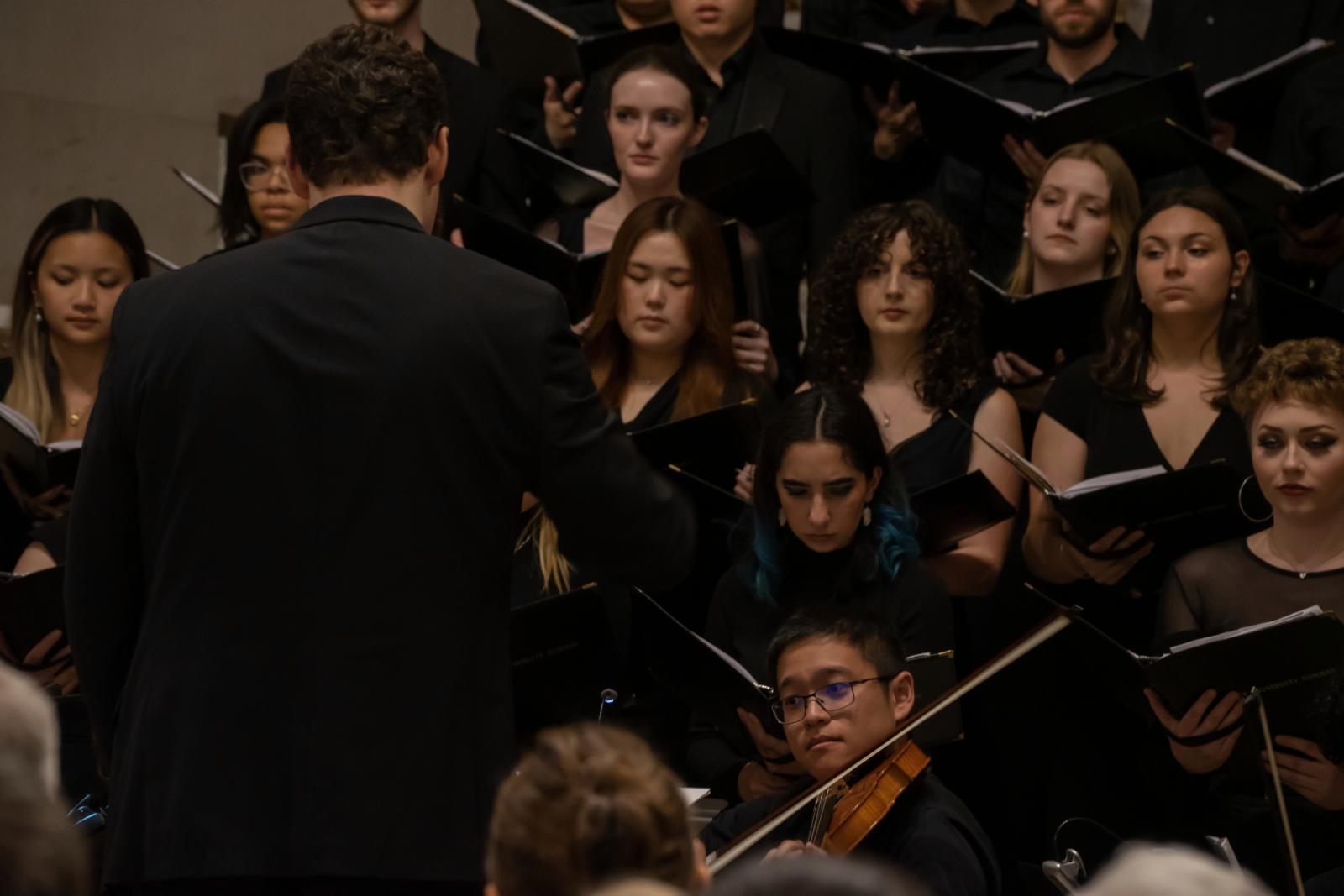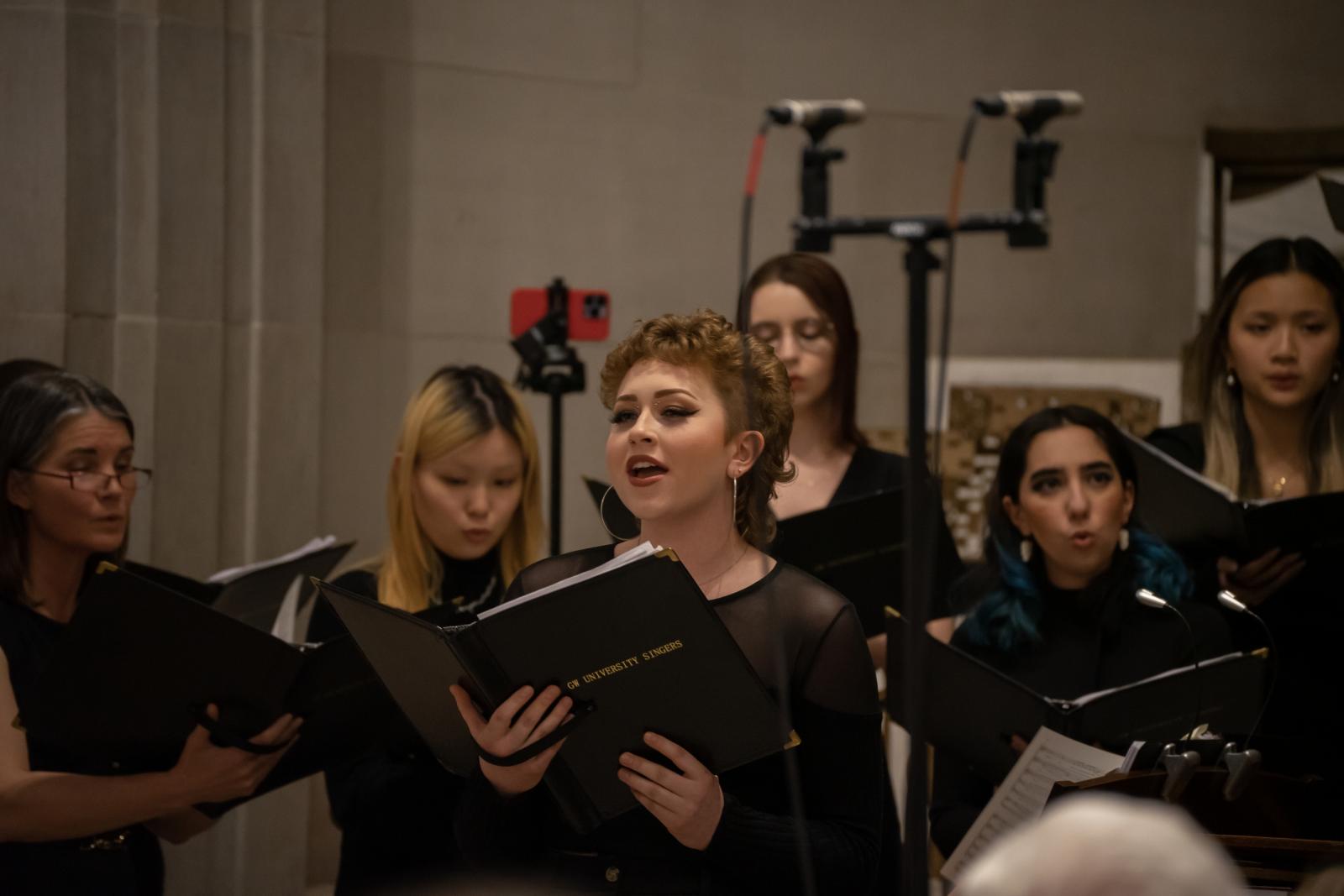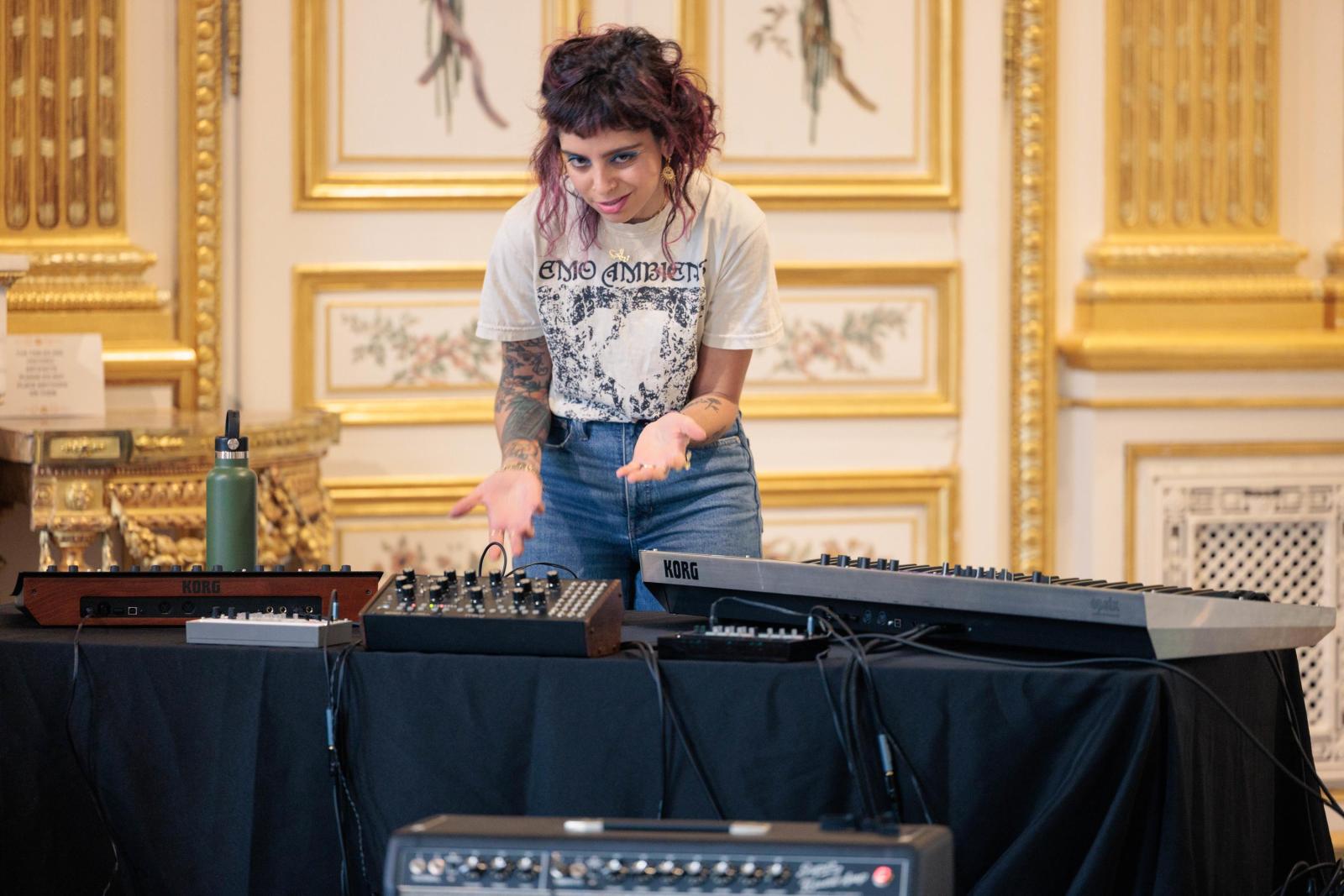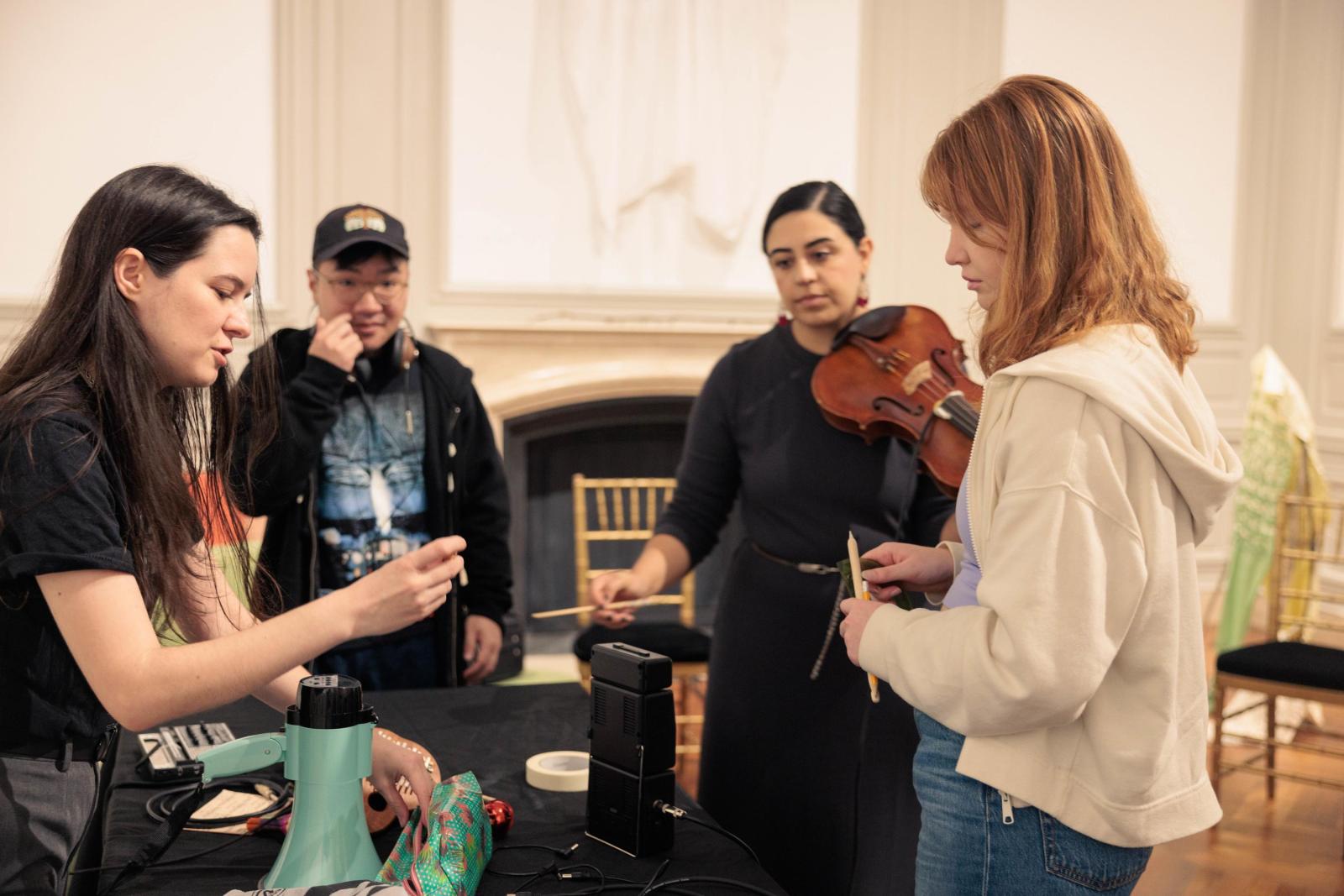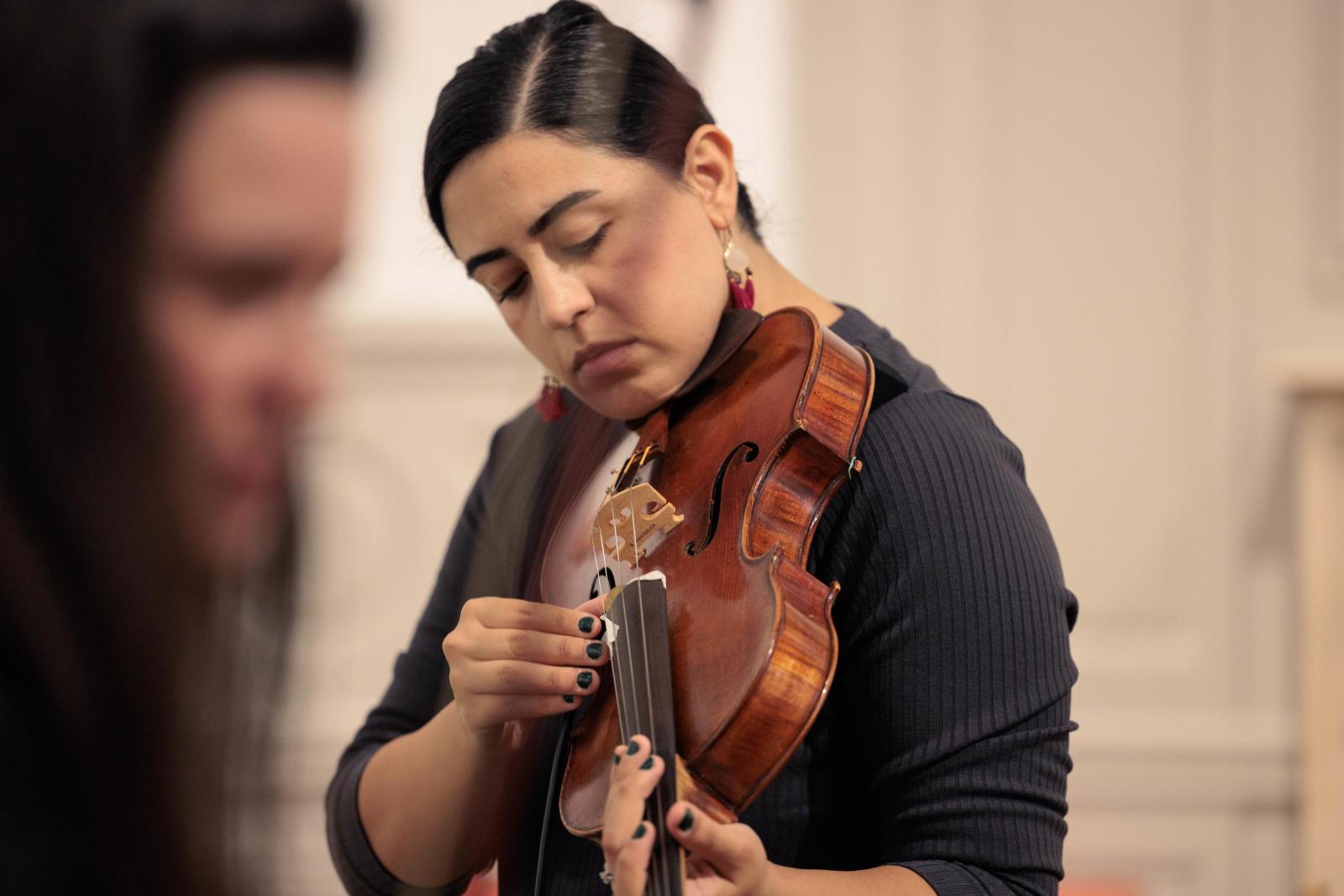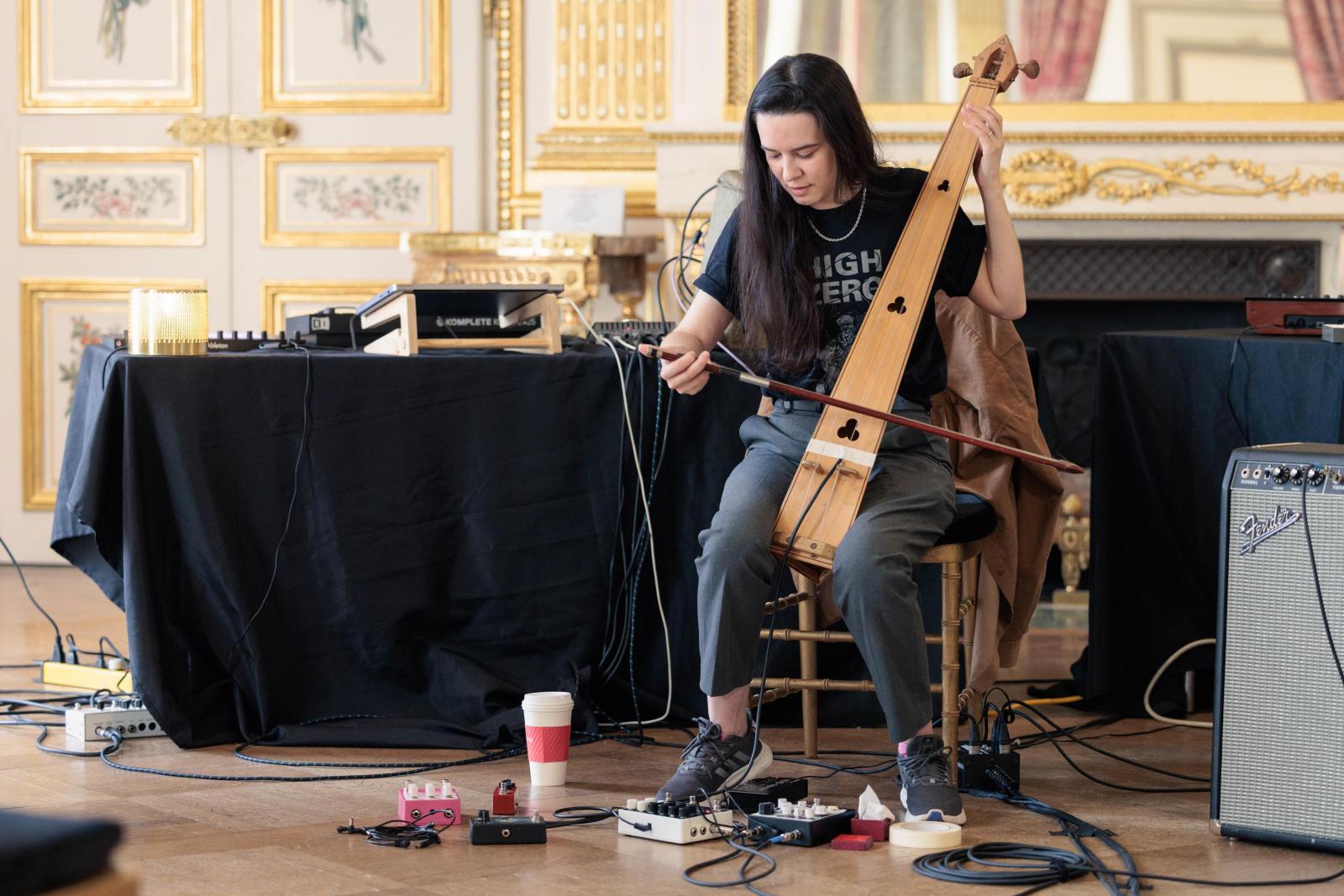Music
Music
BACHELOR OF ARTS | MINOR
Pursue your passion and elevate your repertoire by studying music within a broader liberal arts education
The Bachelor of Arts in Music degree fosters musicianship, creativity, collaboration, and critical thinking. A major in music prepares students for a wide variety of career choices, both in music-centered professions and beyond. Students customize their academic path by selecting from courses in performance, theory, ensembles, composition, history, ethnomusicology, and electronic and computer music. Many of our music majors find the flexibility to double major in another academic area, due to the ability to tailor the music curriculum to their individual interests. Graduates from our program possess the knowledge, practical skills, and wisdom needed to investigate, advocate for, and create music and to analyze how music intersects with critical issues in both historical and contemporary contexts.
INFORMATION SESSIONS
Each academic year, we offer virtual information sessions led by faculty to help prospective students learn more about our programs, faculty expertise, and application process.
BACHELOR OF ARTS
Our Bachelor of Arts in Music degree lays a strong foundation for advanced music study in graduate school and entry into a variety of music-related professions. We offer a variety of courses in music theory, history, composition, ethnomusicology and electronic and computer music so students leave the program with fundamental knowledge to engage with music meaningfully. Students can also take individual performance lessons and participate in ensembles.
Upon completion of the program, our students:
- Demonstrate lucidity, craft, informed expression and a commitment to independent inquiry in musical creation and research.
- Apply appropriate vocal or instrumental skills in independent learning of pre-existent or new compositions; and stylistic, analytical or interpretive discussion.
- Write and speak fluently and cogently on a wide range of musical topics in formal and impromptu settings.
- Employ a wide range of digital technologies in support of their work as musical inventors and scholars.
- Describe their own musical activities as positive contributions to a socially, aesthetically, and intellectually pluralist community both in the Music program and in the larger world.
MINOR
Our minor is designed for students in another major field who want to add to their experience and knowledge of music. Through introductory courses in music theory, music history and performance, the minor develops students’ scholarship through coursework that provides a historical context as well as experience in music performance. To declare a minor, please contact the program about the application process: cmus gwu [dot] edu (cmus[at]gwu[dot]edu).
gwu [dot] edu (cmus[at]gwu[dot]edu).
Performance Study
Performance study is an important part of our curriculum and we offer courses in voice, keyboard and all jazz and orchestral instruments. Music majors, minors and Corcoran Scholars are eligible for private lessons. Eligibility and placement for students new to private performance study are determined at an appointment with a faculty advisor.
All other performance study courses include individual lessons and require a supplementary fee. New majors and minors interested in private study should contact Professor Baker (rbaker gwu [dot] edu (rbaker[at]gwu[dot]edu)) to begin the registration process.
gwu [dot] edu (rbaker[at]gwu[dot]edu)) to begin the registration process.
There are three levels of performance study available to undergraduates:
- 1000 level: All students will take at least one semester and no more than three semesters of performance study on one instrument at this level.
- 2000 level: Private instruction that shows advancement beyond the 1000-level of study. Students are also required to participate in a Program of Music select ensemble.
- 4085 level: For the most advanced students, public performance is required.
ENSEMBLES
Our students often create music seven days a week individually and through ensembles, performing in venues on and off campus, around D.C. and beyond Washington. Thanks to ensembles, students get to know each other and enjoy encouraging and productive relationships with faculty members.
Ensemble study and performance is an essential part of our curriculum. Our majors and minors are encouraged to join ensembles to develop performance experience and expand their repertoire.
- Chamber Ensembles
- Jazz Ensembles
- University Band
- University Orchestra
- University Singers and Chamber Choir
Opportunities for Non-Majors
GW students with a background in music are welcome and encouraged to audition to participate in our chamber, jazz, orchestra, band and choral ensembles. Membership in these ensembles is composed of the varied and talented GW community and is not limited to those registered as a music major or minor.
RESERVING MUSIC SPACES
Want to reserve a practice room?
Music students interested in using the spaces for student organization rehearsals should contact cmus gwu [dot] edu (cmus[at]gwu[dot]edu).
gwu [dot] edu (cmus[at]gwu[dot]edu).
AUDITIONS
All GW students are invited to take dance, music and theatre classes and audition for music ensembles, plays and performances.
WHERE YOU'LL Go
Our music graduates have pursued advanced education in performance, composition, conducting, jazz, musicology and arts administration. GW musicians have built successful careers as freelance performers, teachers, scholar-professors, managers and development specialists in the arts. Music majors are also working in medicine, dentistry, law and information technology.
Kevin Darmadi (Music BA, ‘24) is one of the rising competitive bagpipers in the United States. He has received notable awards from the U.S. Piping Foundation, the MSR North American Championships, the Scottish Piping Society of London, among others. In his NEXT thesis project, Kevin explores how each Celtic nation’s music impacts its communities and fosters a sense of national identity. He incorporates the development of his identity as a bagpiper and the search for his own unique performance style.
An overview of the program, featuring music made by GW students! "Early Light” by Carolyn Bremer (courtesy of Carl Fischer, LLC, and performed by GW Wind Ensemble), “Birch Tree” by and courtesy of Nica Albertson, and “Dreamscape” by and courtesy of Tommy Zamroz.
“Sacred Place" (2023) by Alex Berko, performed by GW University Singers. The director is Erin Freeman with Jeff Kempskie, assistant director and accompanist. Part of the event marking the university’s “Alliance for a Sustainable Future” in April 2024.
NEXT Extravaganza (2024)
Watch as Kevin Darmadi (Music '24) performs his bagpipes at the NEXT Extravaganza (2024). Darmadi is one of the United States’ rising competitive bagpipers. His work explored Celtic nation's music and how it fosters a sense of national identity. Read more.
Born to Run—for President
How did Barack Obama and Bruce Springsteen travel a thunder road to the political promised land? Luther Rice Fellow and music major Maureen Rafter (‘24) studied the ties that bind the president and the Boss.
Upcoming Events
News Highlights

Faculty in Focus: Heather Stebbins
January 15, 2026
A performer, composer and technologist as well as an educator, the associate professor of music at the Corcoran gives students the tools to tell their own stories through sound.

The Songs of the 2025 New York Mayoral Race
September 22, 2025
Music can be a powerful way for political candidates to connect with voters and convey a message. Here are the songs the New York City mayoral candidates chose.

Professor blends convention, ingenuity in latest classical guitar composition
September 16, 2025
On Friday night, echoes of applause filled an open, intimate and high-ceilinged room as a guitarist prepared to debut the new arrangement of an innovative composer who also doubles as a GW professor.





